The Complete Guide to Time Blocking with Google Calendar
Nov 25, 2023
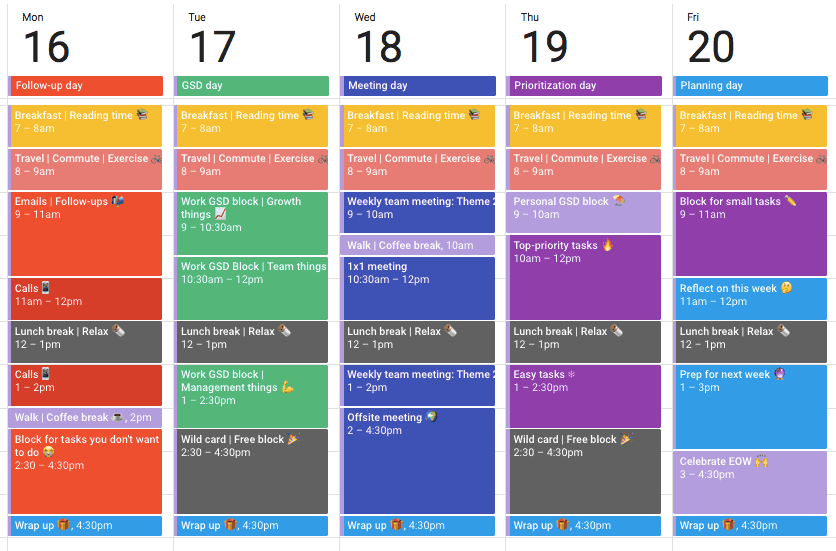
You've probably heard of the popular time management technique known as time blocking. Time blocking is a method of scheduling your day by allocating specific blocks of time for specific tasks. This can help you to be more productive and efficient with your time.
If you're someone who struggles with time management, or if you're simply looking for a way to be more organized and productive, then time blocking with Google Calendar might be a good solution for you.
Google Calendar is a great tool for time blocking because it's simple to use and it's easily accessible. You can access Google Calendar from anywhere, which makes it easy to add new tasks or events to your schedule.
The first step to time blocking with Google Calendar is to create a new calendar. You can do this by clicking on the "Create" button in the left sidebar. Once you've created a new calendar, you can start adding tasks or events to it.
To add a task, click on the "Add task" button in the top bar. Then, enter the name of the task and the date or time that you want to complete it. You can also add additional details, such as the location or notes.
If you want to add an event, click on the "Add event" button in the top bar. Then, enter the name of the event, the date and time, and any other relevant details. You can also invite people to attend the event by clicking on the "Invite people" button.
Once you've added all of your tasks and events, you can start creating your time blocks. To do this, click on the "Create time block" button in the top bar. Then, select the calendar that you want to use for time blocking, choose the start and end times, and click on the "Create" button.
You can also use the "Quick Add" feature to quickly add tasks or events to your calendar. To do this, click on the "Quick Add" button in the top bar and enter the task or event details. Then, click on the "Add" button.
Time blocking with Google Calendar can help you to be more productive and organized. By creating specific blocks of time for specific tasks, you can make sure that you're using your time wisely. Try it out today and see how it can help you!
Understanding Time Blocking and its Benefits
We live in a world where we are constantly bombarded with distractions. It seems like there is always something vying for our attention, whether it’s a notification on our phone, an email in our inbox, or even just the never-ending stream of thoughts running through our mind. It can be difficult to stay focused on what we’re doing and to be productive.
One way to combat these distractions and to be more productive is to use a technique called time blocking. Time blocking is a method of time management where you block off certain periods of time in your schedule for specific tasks. This allows you to focus on one thing at a time and to avoid getting sidetracked by other things.
There are a few benefits of using time blocking. First, it can help to increase your focus and concentration. When you know that you have a specific amount of time to work on a task, you are less likely to get distracted by other things. Second, it can help you to be more productive. By chunking your time into smaller blocks, you can get more done in less time. Third, it can help to reduce stress. When you have a plan and you know what you need to do, it can be less stressful than trying to do everything at once.
If you’re interested in trying out time blocking, there are a few things you need to do. First, you need to identify the tasks that you need to complete. Next, you need to determine how much time you need to complete each task. Finally, you need to block off time in your schedule for each task.
If you’re using Google Calendar, there’s a time blocking feature that makes it easy to block off time for specific tasks. To use this feature, simply create an event and then click on the “more options” link. From there, you can select the “time blocking” option and choose how long you want the event to last.
Time blocking can be a helpful tool for anyone who wants to be more productive and to reduce distractions. Give it a try and see how it works for you!
Setting up Your Time Blocking Schedule in Google Calendar
As a busy professional, it's important to have a system for managing your time. Time blocking is a great way to stay organized and make sure you're making the most of your day.
There are a few different ways to set up time blocking in Google Calendar. You can use the built-in features, or you can use a third-party plugin.
If you want to use the built-in features, start by creating a new calendar. Then, create an event for each task you want to complete. Be sure to include the start and end time for each task.
Once you have your events created, you can use the "Block time" feature to block off time in your calendar. To do this, click on the event and then click "Block time." This will prevent other events from being scheduled during that time.
If you want to use a third-party plugin, there are a few different options to choose from. Some popular options include TimeBlocking for Gmail and Calendar Blocking for Google Calendar.
With either method, you'll need to be consistent in order for time blocking to be effective. Make sure to schedule time for breaks and allow some flexibility in your schedule. It's also important to review your schedule regularly and make adjustments as needed.
By using time blocking, you can take control of your schedule and make the most of your time.
Creating Time Blocks with Google Calendar
If you're like most people, your days are filled with a never-ending to-do list. You're constantly trying to juggle and balance different tasks and appointments, and it can be tough to stay on top of everything. One way to help manage your time and boost your productivity is to create time blocks in your Google Calendar.
Time blocking is a time management technique where you schedule out specific blocks of time for specific activities. This can help you stay focused on one task at a time and avoid getting overwhelmed by your to-do list. Plus, it can be helpful to see your day laid out in front of you so you can better plan and manage your time.
Here's how to create time blocks in your Google Calendar:
1. Open Google Calendar and create a new event.
2. In the "What" field, enter the name of the activity or task you want to block out time for.
3. In the "When" field, select the date and time you want to start the activity. Then, click the "Duration" drop-down menu and select how long you want to block out for that activity.
4. Once you've entered all the information, click "Save."
Now, you'll have a visual representation of how you're spending your time. You can use time blocks for anything you want, whether it's work-related tasks, personal errands, or even just taking some time for yourself. Just be sure to be realistic with the amount of time you're blocking out for each activity.
One thing to keep in mind is that time blocks are flexible. If something comes up or you need to adjust your schedule, you can always edit or delete a time block. And if you need to, you can always add more time blocks to your calendar.
So if you're looking for a way to better manage your time and boost your productivity, creating time blocks in your Google Calendar is a great place to start.
Assigning Custom Colors to Your Time Blocks
If you're like most people, you probably have a lot going on in your life. And if you're like most people, you probably have a hard time keeping track of everything that's going on. That's where time blocking can help.
Time blocking is a technique that can be used to help you stay organized and on top of your schedule. The basic idea is to create blocks of time in your schedule for specific tasks or activities. Then, you can assign a custom color to each block of time. This will help you visually see what you have planned for each day, and it will also help you stay on track.
There are a few different ways that you can go about setting up your time blocks. One way is to use a tool like Google Calendar. Google Calendar makes it easy to create and manage your time blocks. Simply create a new event, and then click on the "More Options" link. From there, you can select a custom color for your event.
Another way to set up your time blocks is to use a tool like Toodledo. Toodledo is a great tool for managing your tasks and To-Do list. It also has a time blocking feature that you can use to create and manage your time blocks. Simply create a new task, and then select the "Time Block" option. From there, you can select a start and end time, as well as a custom color for your task.
Whichever method you choose, setting up custom colors for your time blocks can be a great way to help you stay organized and on top of your schedule. Give it a try today!
Strategies for Making the Most of Your Time Blocks
How to Adjust Your Time Blocks
Tools to Help You Stay on Track
Managing Your Apps and Notifications with Google Calendar
Integrating Other Calendars with Google Calendar
Making Time Blocking a Part of Your Daily Routine
In a perfect world, we would all have assistants to keep us on track with our day-to-day tasks. But since we don't all have personal assistants, we have to find other ways to make sure we're using our time wisely. That's where time blocking comes in.
Time blocking is a time management technique that involves scheduling out your day in advance, in blocks of time. This helps you to stay focused on one task at a time, and avoid getting sidetracked by other things that come up.
Making time blocking a part of your daily routine can be a game-changer when it comes to getting things done. Here's how to get started:
1. Wake up early and start your day with a plan.
If you want to make time blocking a part of your daily routine, you need to start by waking up earlier than usual. This will give you some extra time to map out your day and decide what you want to accomplish.
2. Make a list of everything you need to do.
Before you start scheduling out your day, you need to know what you need to do. Make a list of everything you need to accomplish, both big and small.
3. Schedule out your day in blocks of time.
Once you know what you need to do, it's time to start scheduling out your day. Work in blocks of time, and allocate a specific amount of time for each task.
4. Set a timer for each block of time.
To make sure you stay on track, set a timer for each block of time. This will help you to stay focused and avoid getting sidetracked.
5. Take breaks between blocks of time.
To avoid burning yourself out, make sure to take breaks between blocks of time. Get up and move around, or just take a few minutes to relax and rejuvenate.
6. At the end of the day, reflect on what you accomplished.
Once the day is over, take some time to reflect on what you accomplished. This will help you to see the progress you're making and keep you motivated.
Making time blocking a part of your daily routine can be a great way to increase your productivity and get things done. By following these simple tips, you can make time blocking work for you.
Your Trello, Asana, ClickUp, Todoist tasks
on Google Calendar.
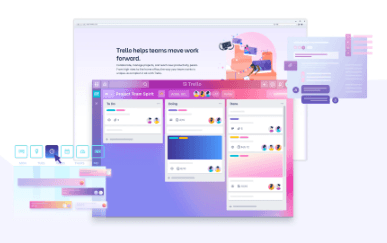
Visualizing Goals: Trello Boards for Long-Term Work Week Planning
Jan 1, 2024

Automation Hacks: Trello Integrations for Streamlined Workflows
Dec 31, 2023

Collaborative Planning: Enhancing Team Productivity with Trello Boards
Dec 30, 2023

Task Prioritization: Trello Strategies for a Productive Work Week
Dec 29, 2023
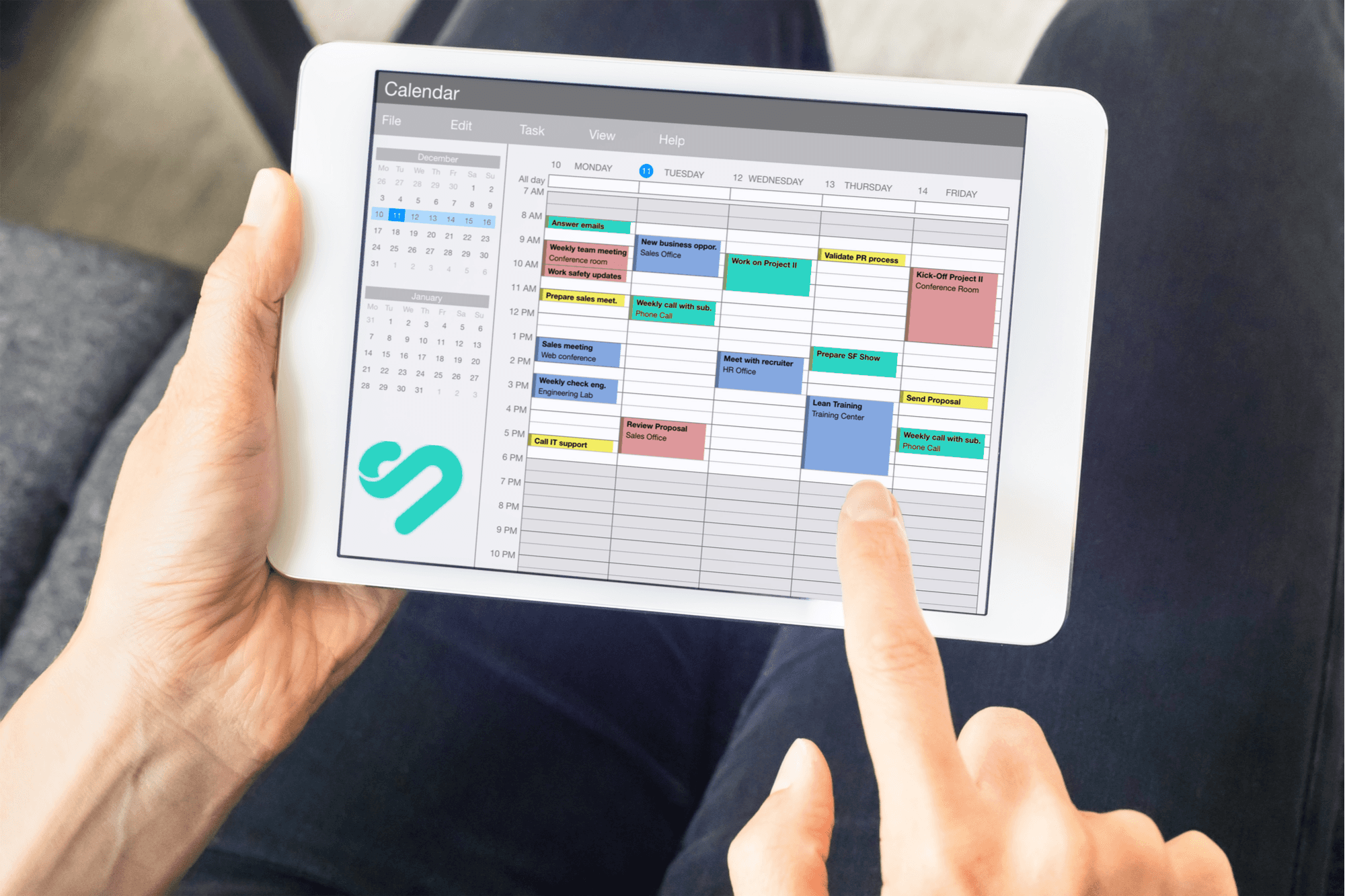
From Goals to Reality: Long-Term Planning with Google Calendar and Time Blocking
Dec 24, 2023
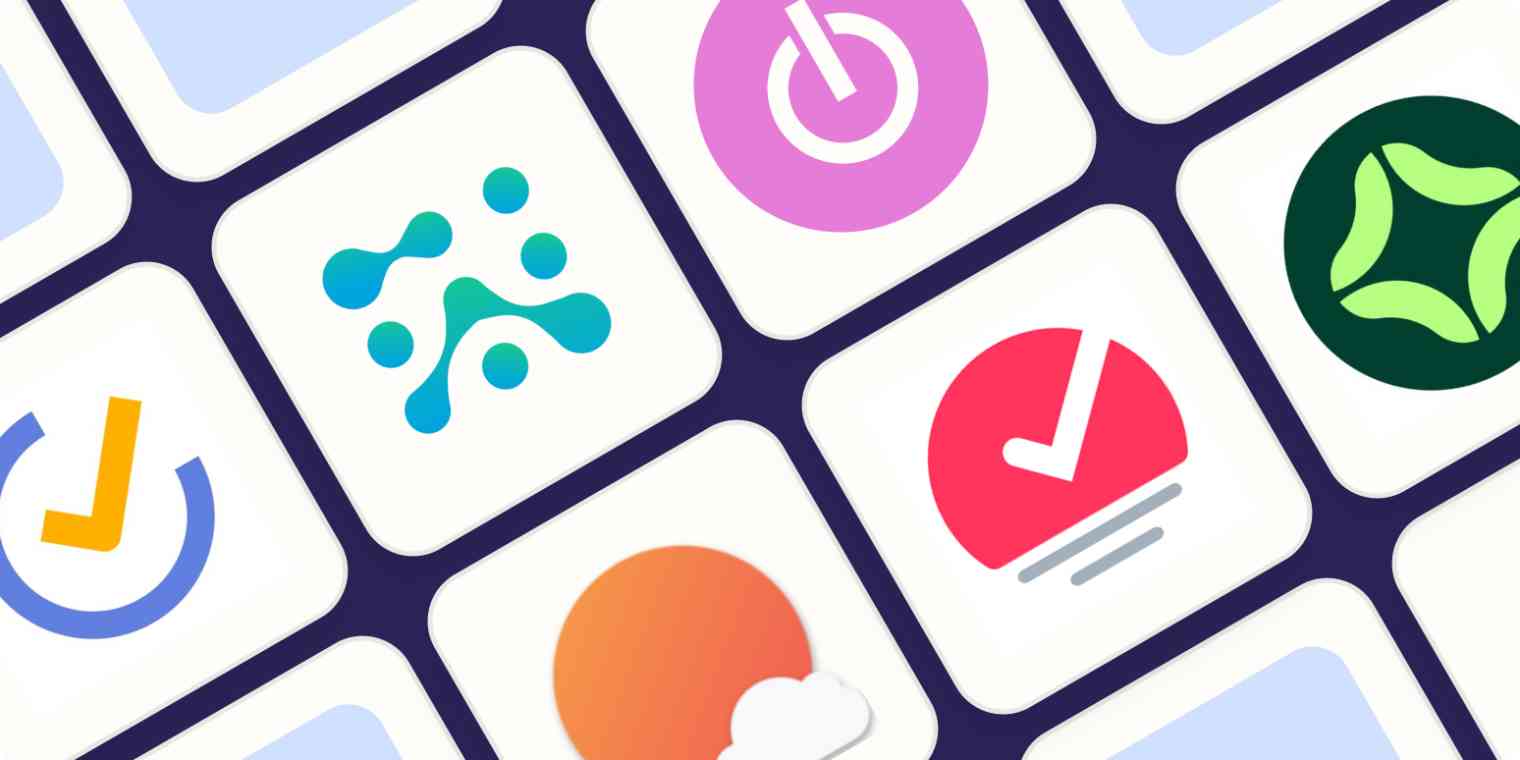
Optimizing Your Schedule: Google Calendar Apps for Enhanced Time Blocking
Dec 23, 2023
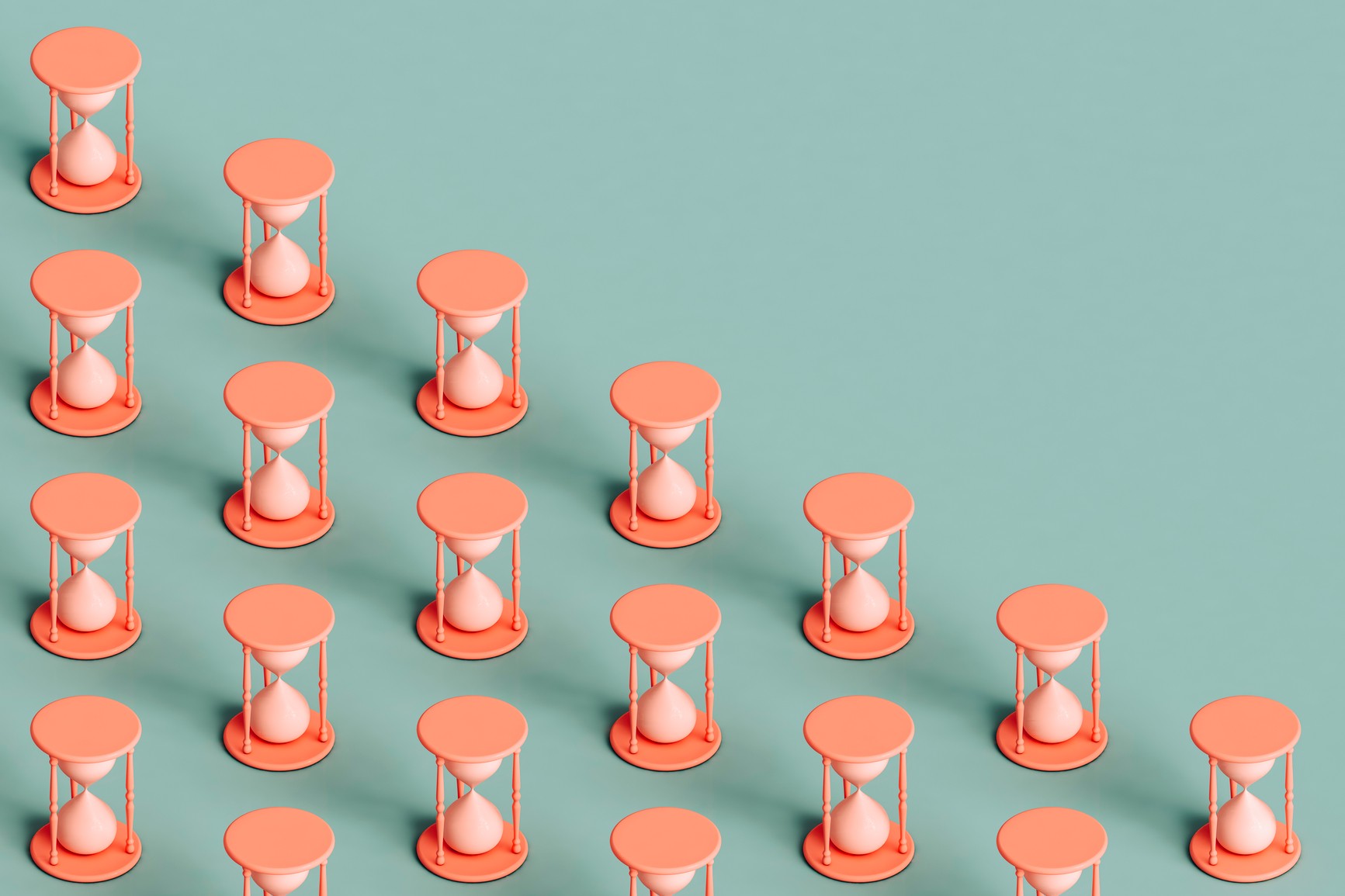
Collaborative Time Blocking: Using Google Calendar for Team Productivity
Dec 22, 2023

Balancing Work and Life: Time Blocking Strategies for Personal and Professional Harmony
Dec 21, 2023
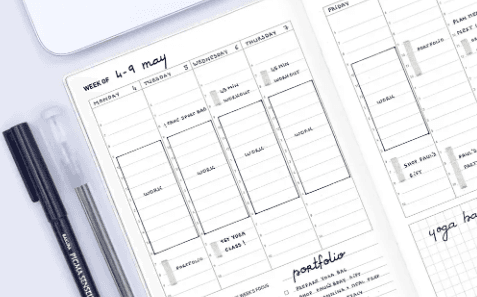
Time Blocking for Productivity: Google Calendar Tips and Tricks
Dec 20, 2023
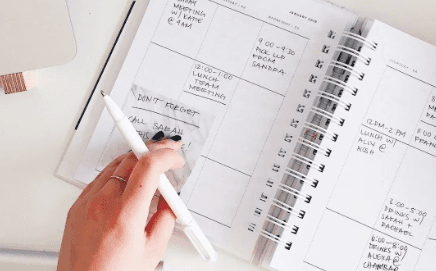
Mastering Your Time: A Comprehensive Guide on How to Use Google Calendar for Time Blocking
Dec 19, 2023

Advanced Customizations: Asana and Google Calendar for Power Users
Dec 15, 2023
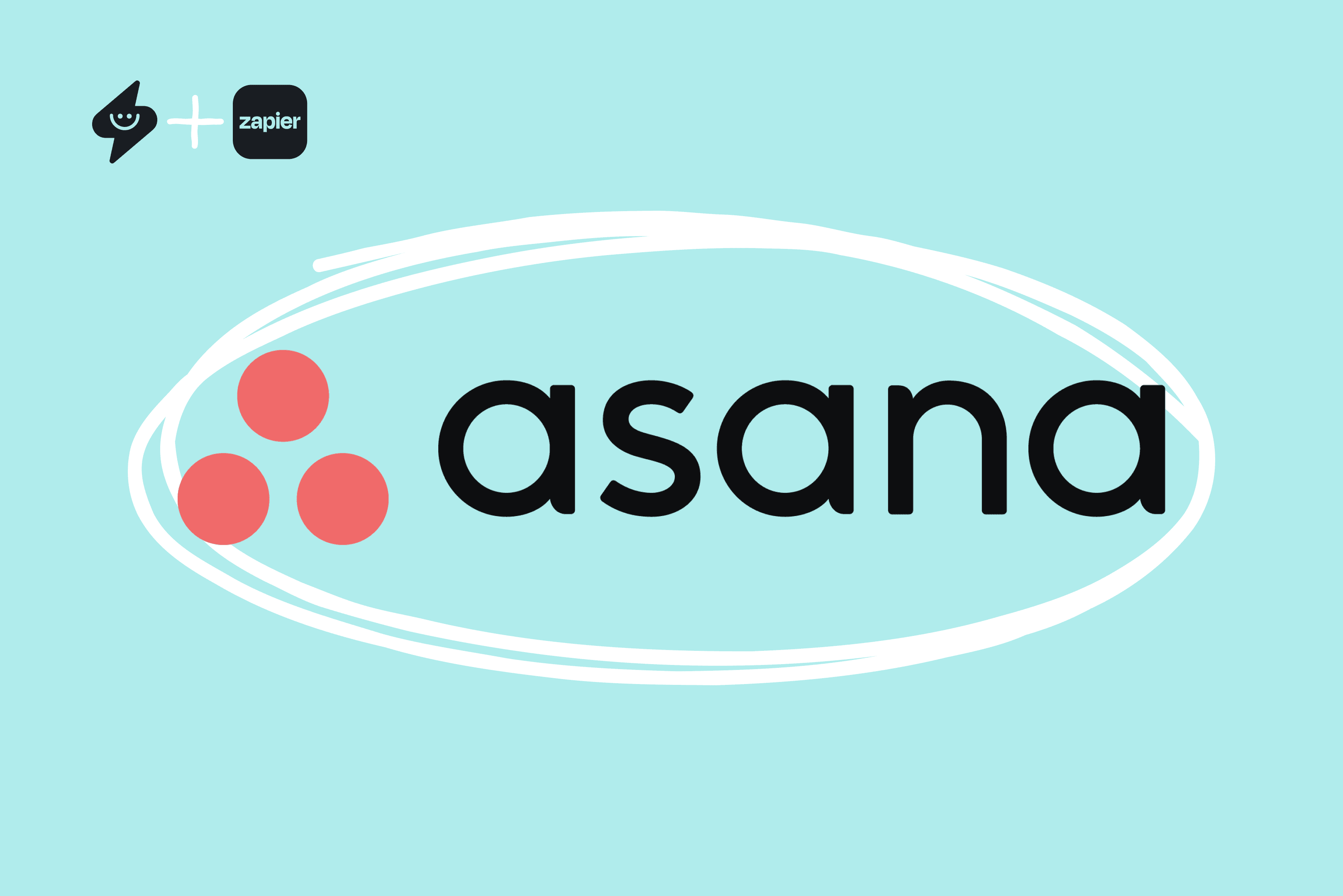
Automation Hacks: Asana Integrations and Google Calendar Efficiency
Dec 14, 2023
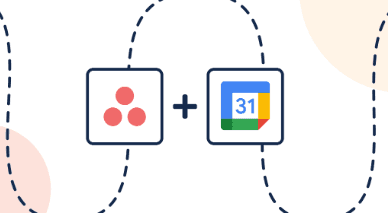
Team Collaboration Made Easy: Asana Projects and Google Calendar Events
Dec 13, 2023
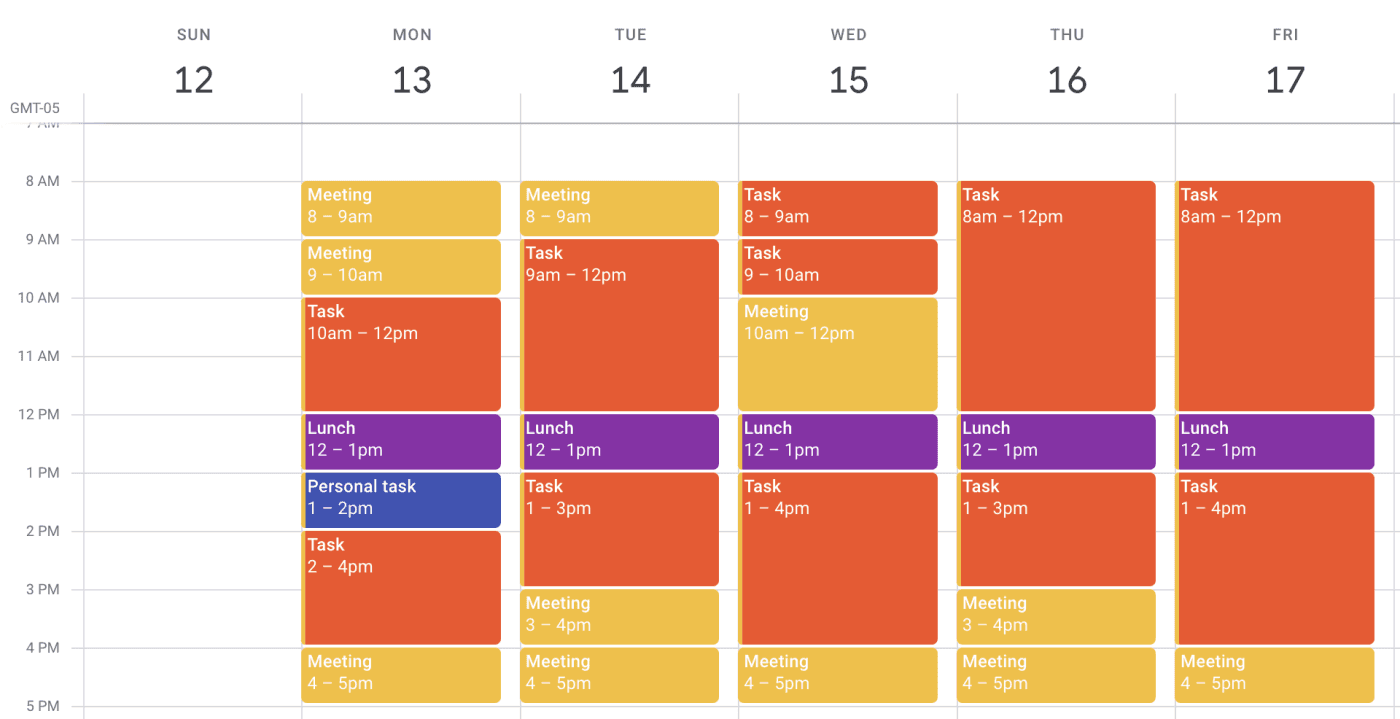
Time Blocking Techniques: Asana Tasks and Google Calendar Synergy
Dec 12, 2023
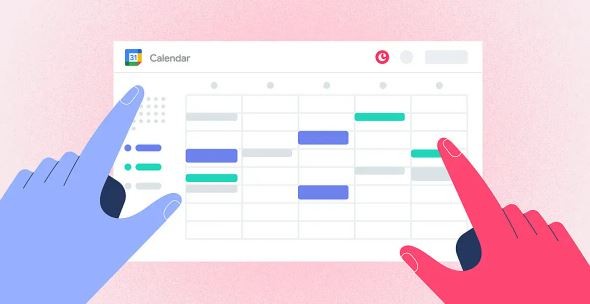
Syncing Asana Due Dates with Google Calendar: A Comprehensive Tutorial
Dec 11, 2023
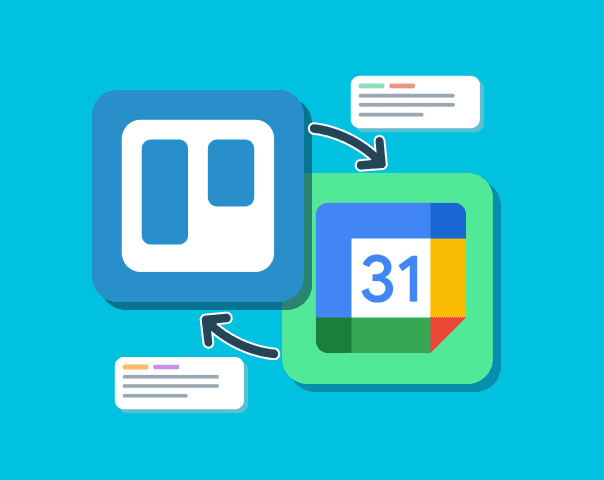
Advanced Customizations: Trello and Google Calendar for Power Users
Dec 10, 2023
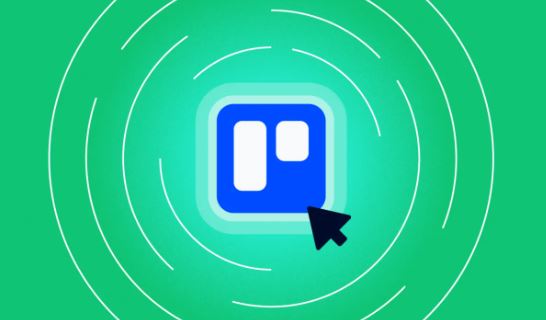
Collaborative Project Planning: Trello Teams and Google Calendar Events
Dec 9, 2023

Time Management Strategies: Trello Boards and Google Calendar Harmony
Dec 8, 2023
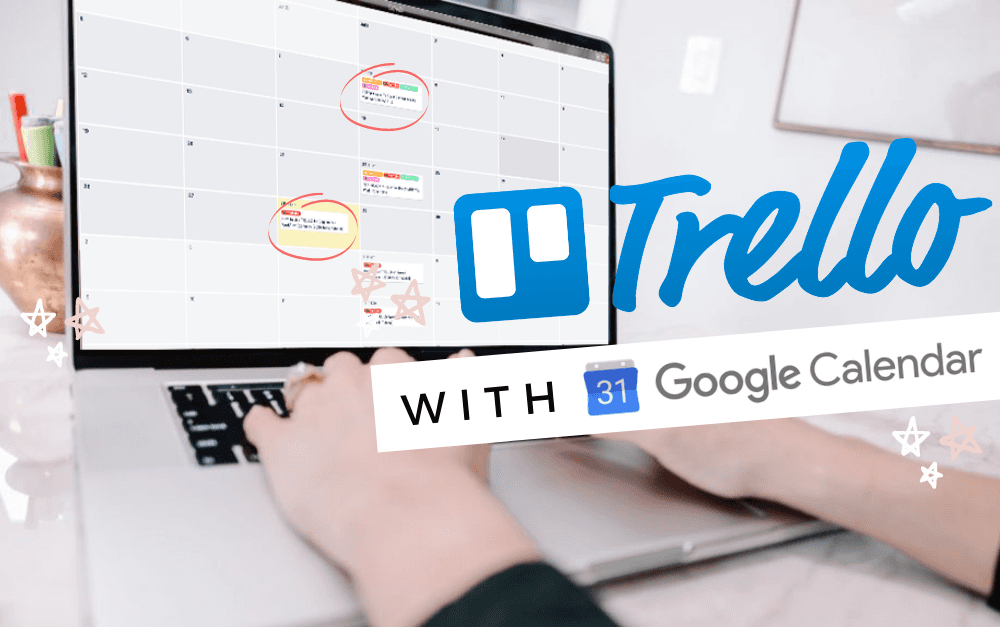
Syncing Trello Cards with Google Calendar: A Step-by-Step Tutorial
Dec 7, 2023

Task Prioritization Strategies: A Todoist and Google Calendar Approach
Dec 6, 2023

Unlock Your Productivity with Advanced Features for Todoist and Google Calendar Power Users
Dec 5, 2023

Using Todoist and Google Calendar for Effective Collaborative Planning in Teams
Dec 4, 2023
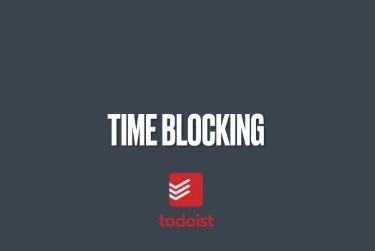
Using Time Blocking with Todoist and Google Calendar to Enhance Productivity
Dec 3, 2023

Using Labels and Filters: Todoist and Google Calendar Synergy
Dec 2, 2023
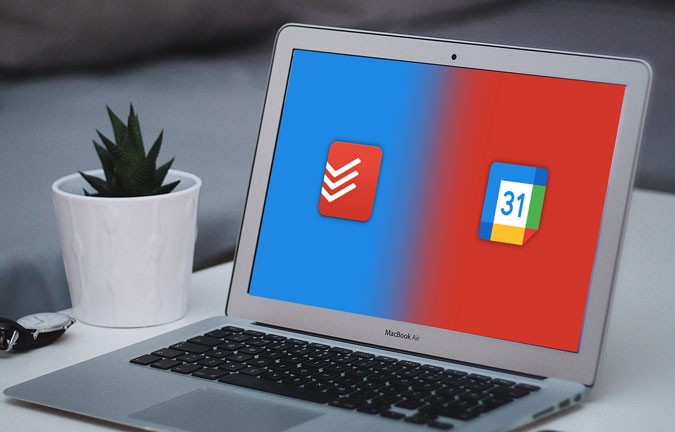
How to Sync Todoist Tasks to Google Calendar Events
Dec 1, 2023
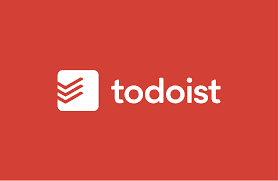
Integrating Todoist with Google Calendar for Effortless Scheduling
Nov 30, 2023
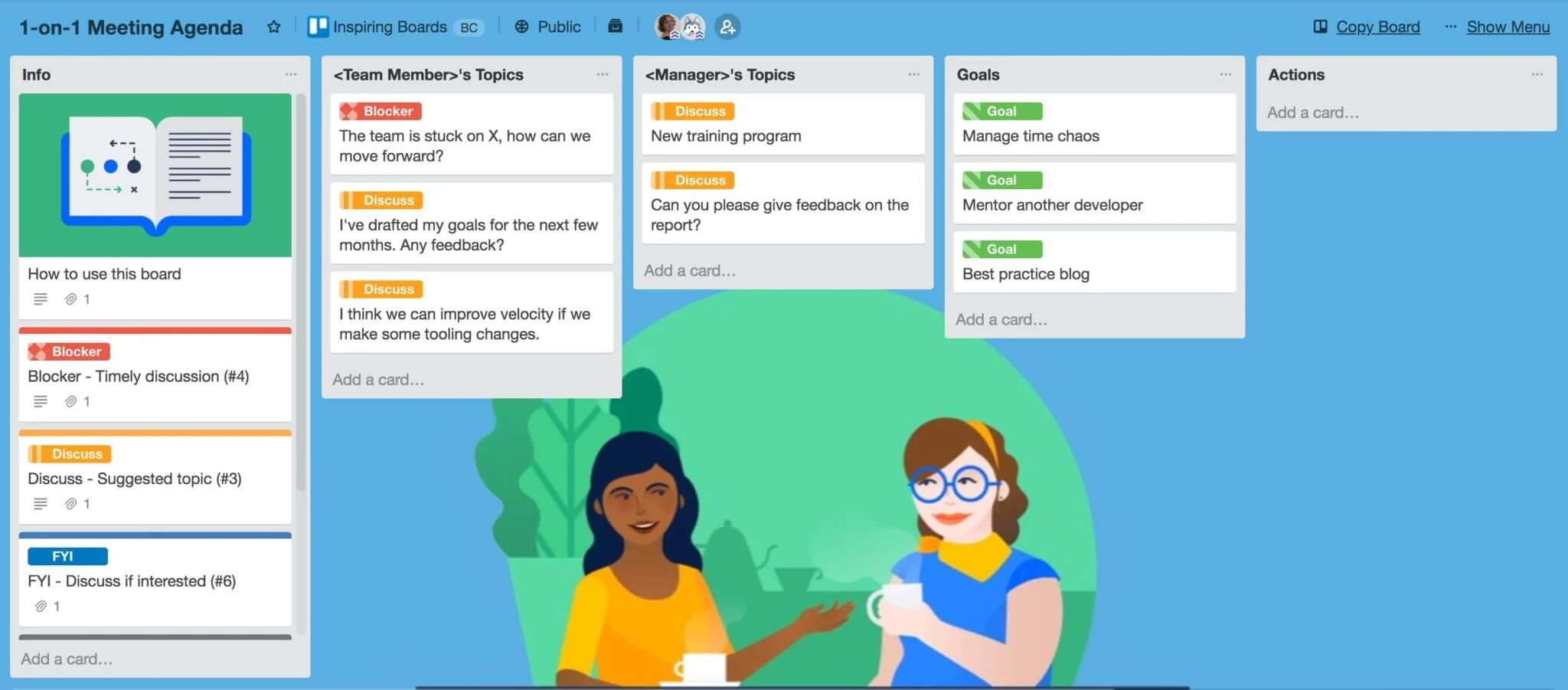
7 Free Trello Templates for Streamlining Workflow and Improving Productivity
Nov 29, 2023

Setting Goals that Motivate and Inspire Action
Nov 28, 2023
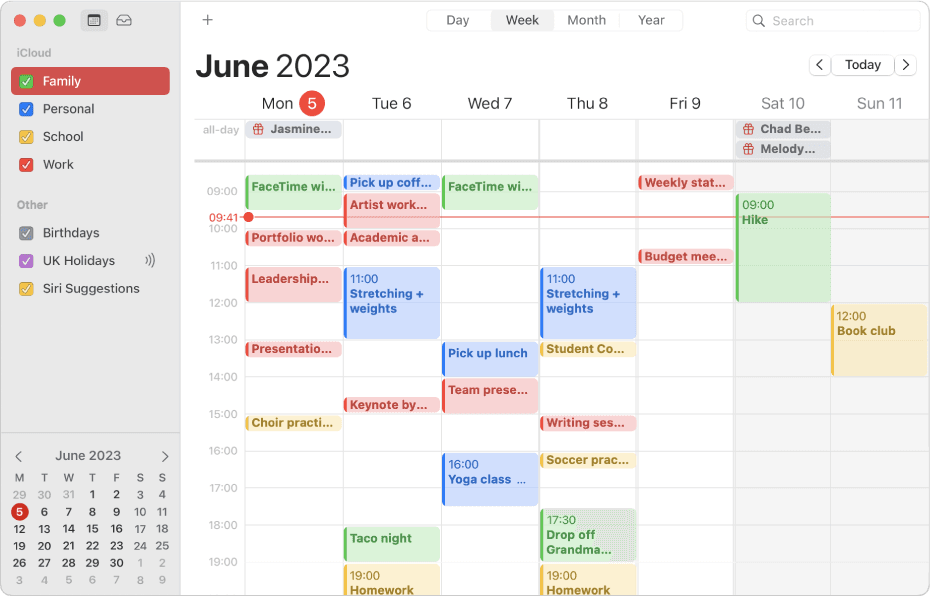
How to Integrate Todoist with Apple Calendar for Increased Productivity
Nov 27, 2023
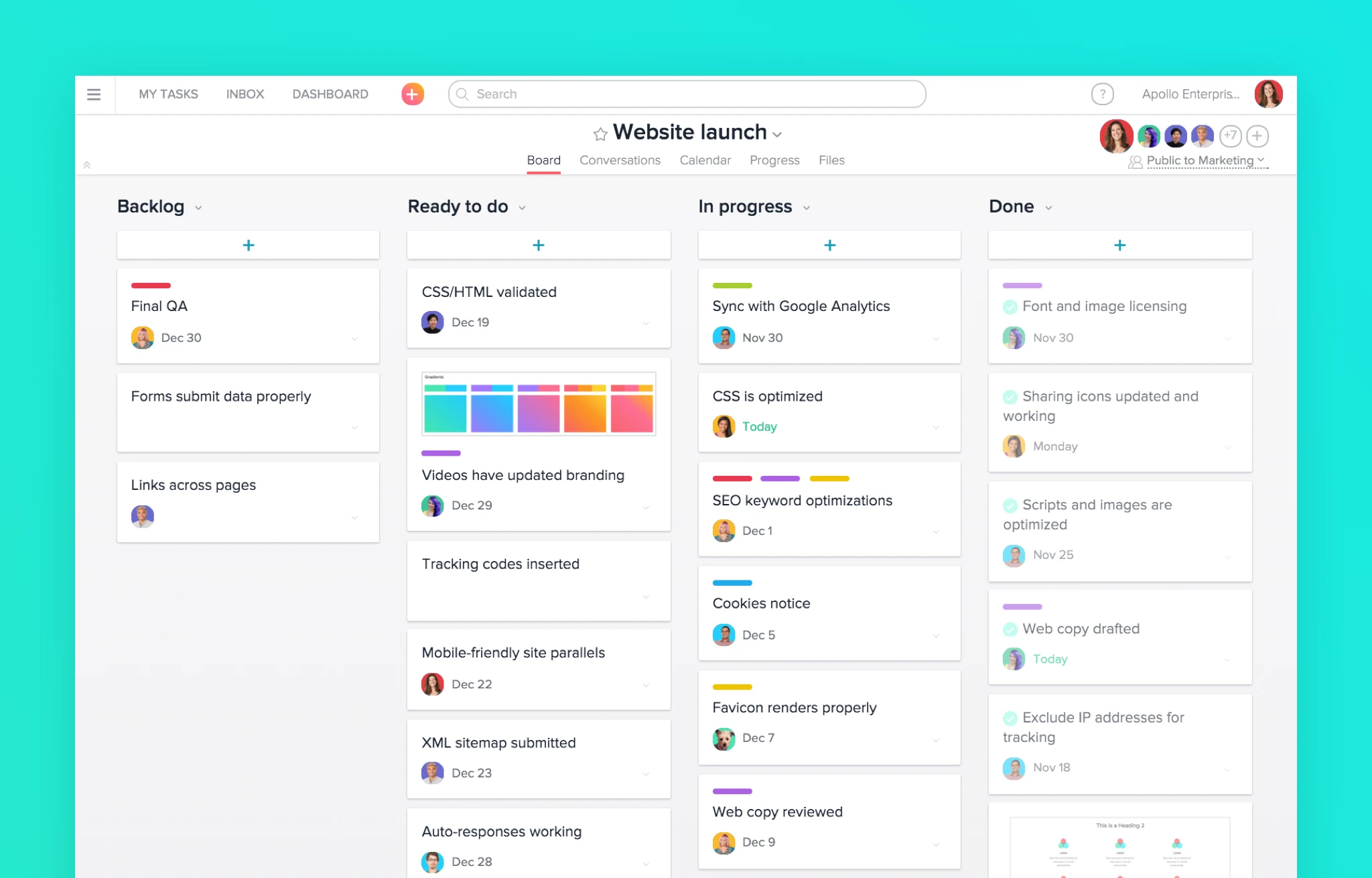
7 Alternatives to Asana for Project and Task Management
Nov 26, 2023

The Complete Guide to Time Blocking with Google Calendar
Nov 25, 2023
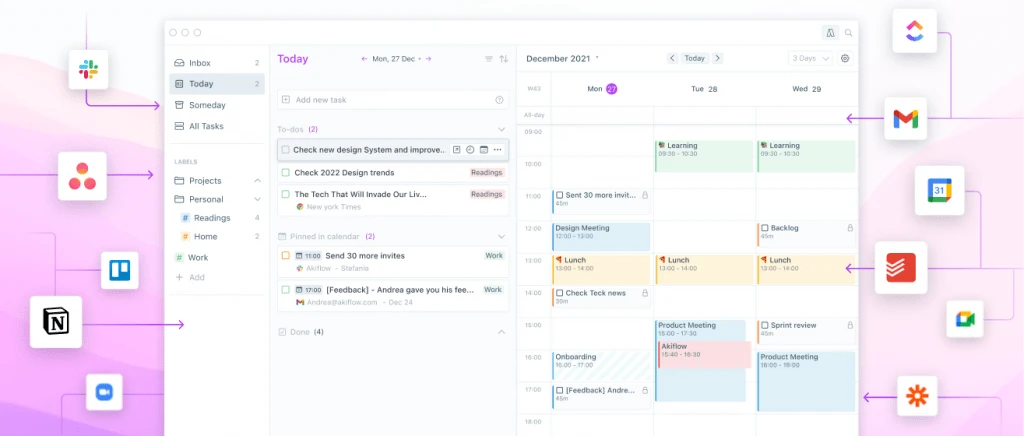
Top 10 Daily Planner Apps for Keeping You Organized and On Schedule
Nov 25, 2023
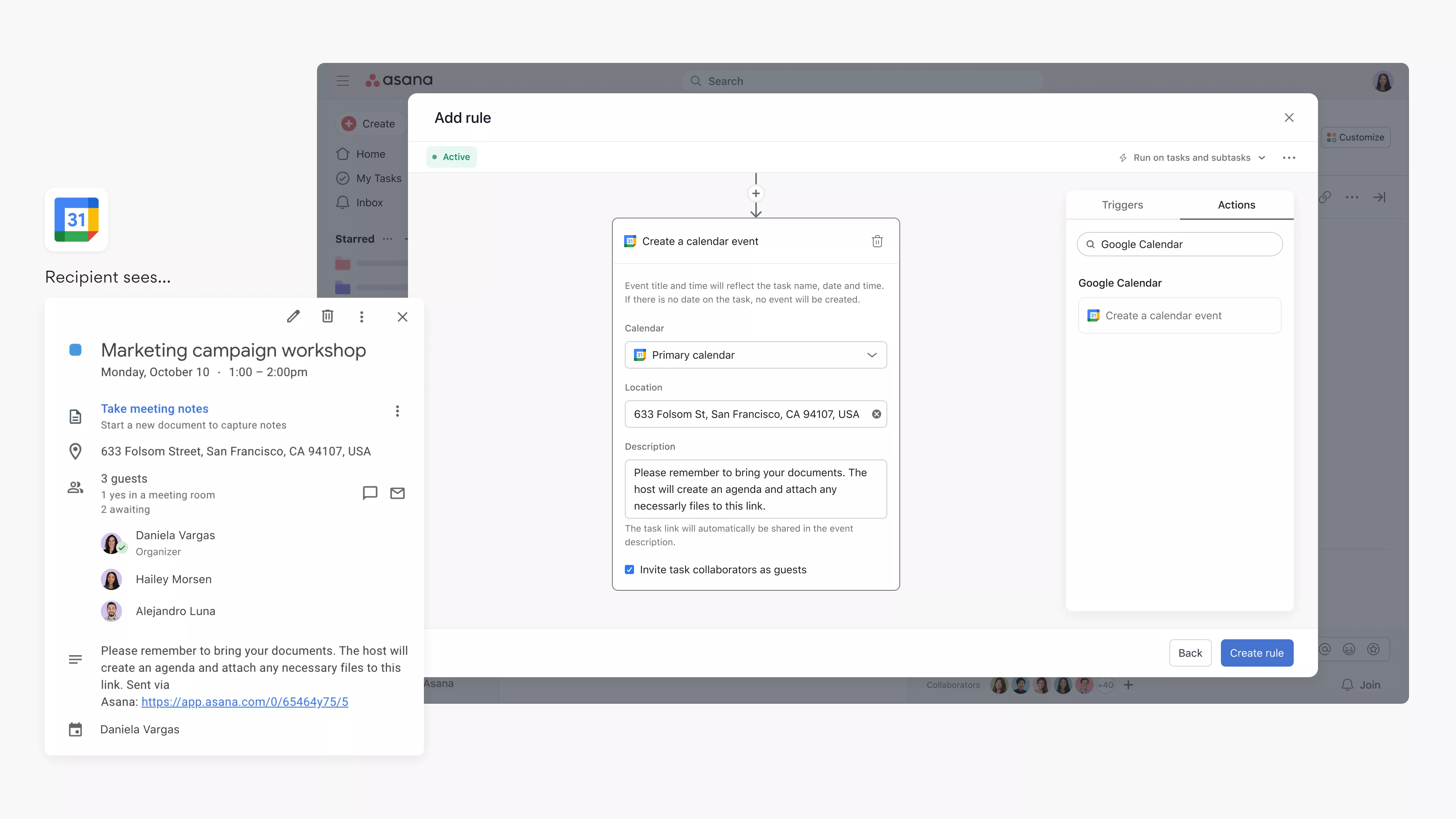
Syncing Asana Tasks to Your Google Calendar: A Step-by-Step Guide
Nov 23, 2023
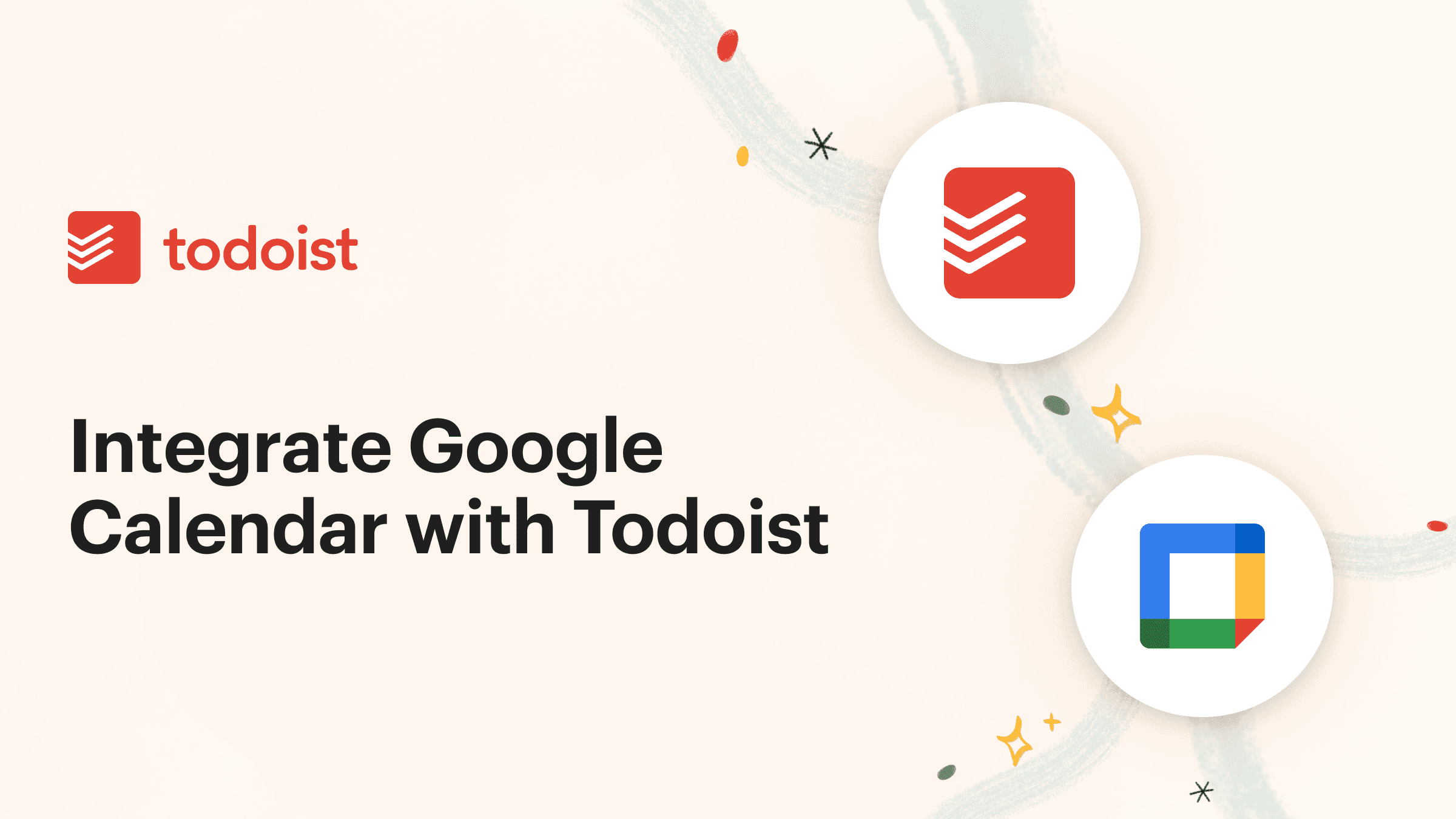
How to Integrate Todoist with Google Calendar for Seamless Task Management
Nov 19, 2023

Integrate ClickUp with Google Calendar
Nov 14, 2023

Team Planning: Unlocking the Benefits for Your Business
Nov 11, 2023
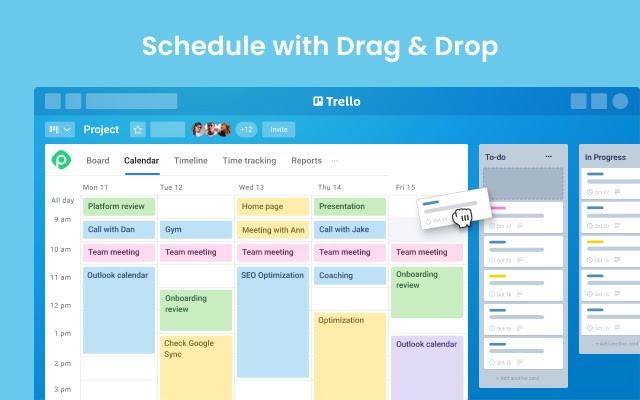
What features does Planyway for Trello offer?
Oct 5, 2023

Boost Your Productivity with a Weekly P L: A Simplified Task Planning Solution
Oct 5, 2023
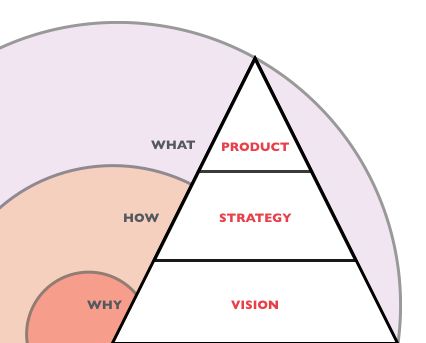
Team Planning: The key to Business Success
Oct 4, 2023
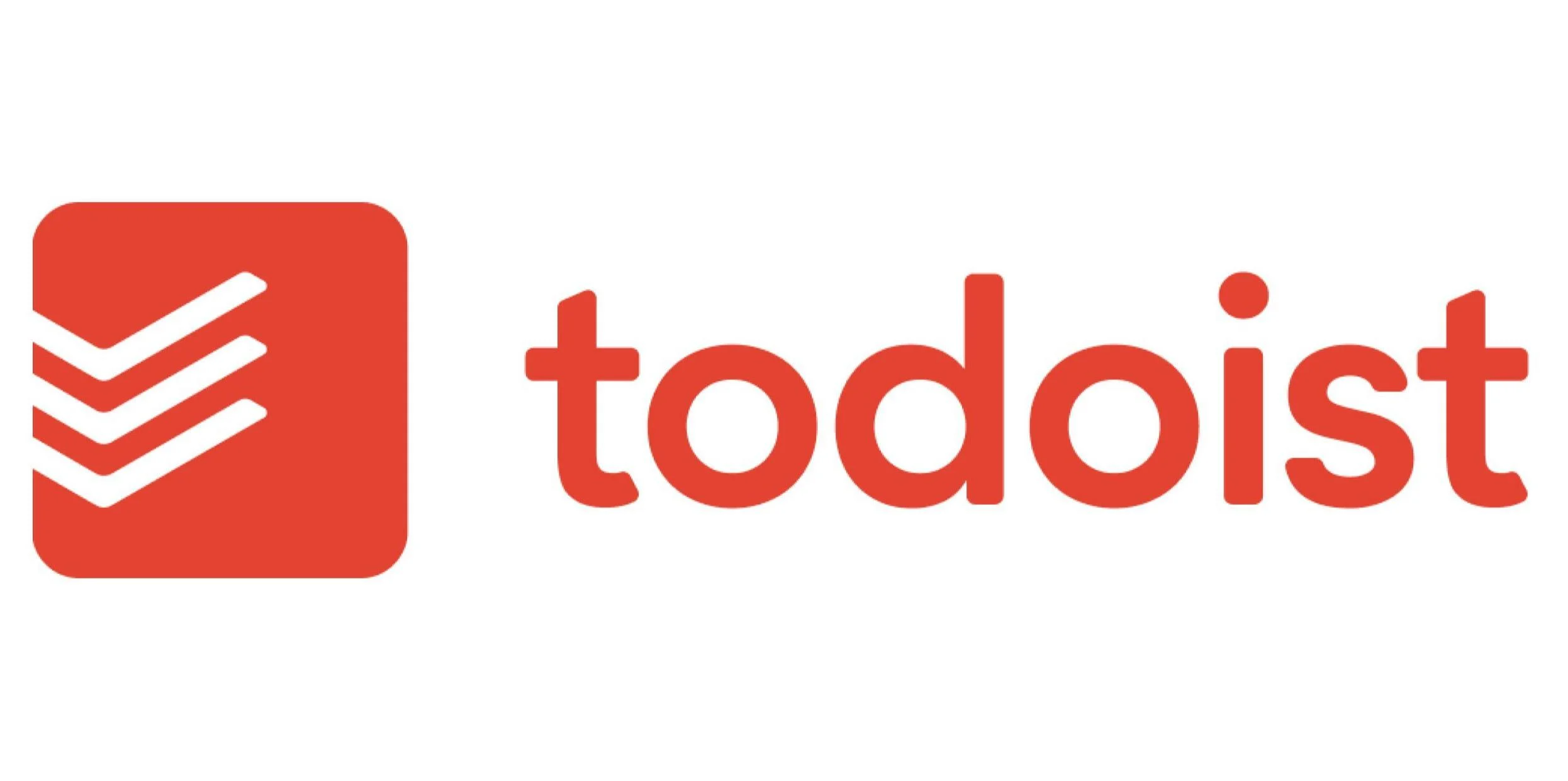
How can I sync my Todoist tasks with my Google Calendar?
Oct 2, 2023
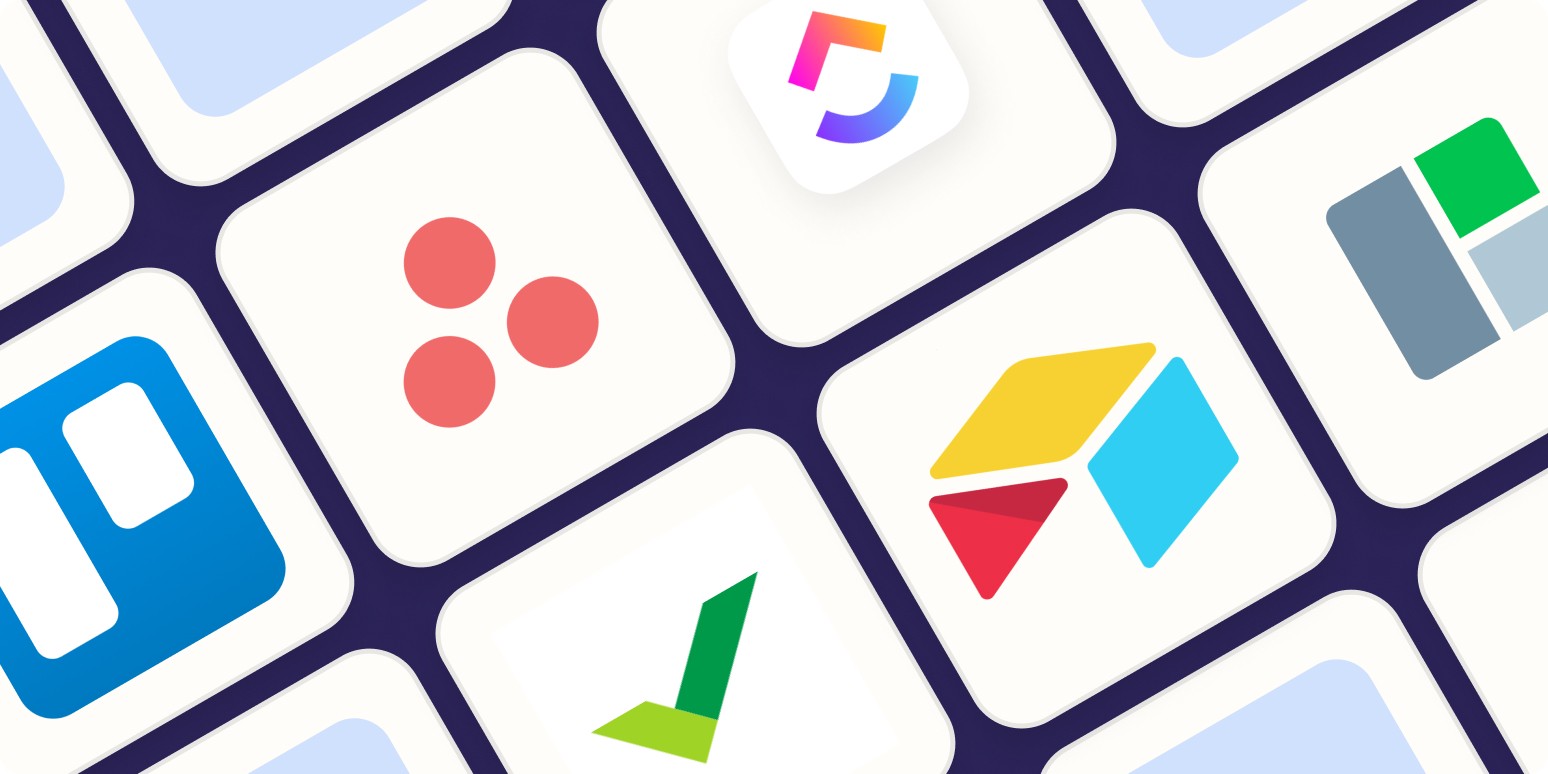
Asana Sync with Google Calendar: Streamlining Your Task Management
Sep 3, 2023

How to Sync Asana with Google Calendar: Boost Your Productivity
Sep 3, 2023
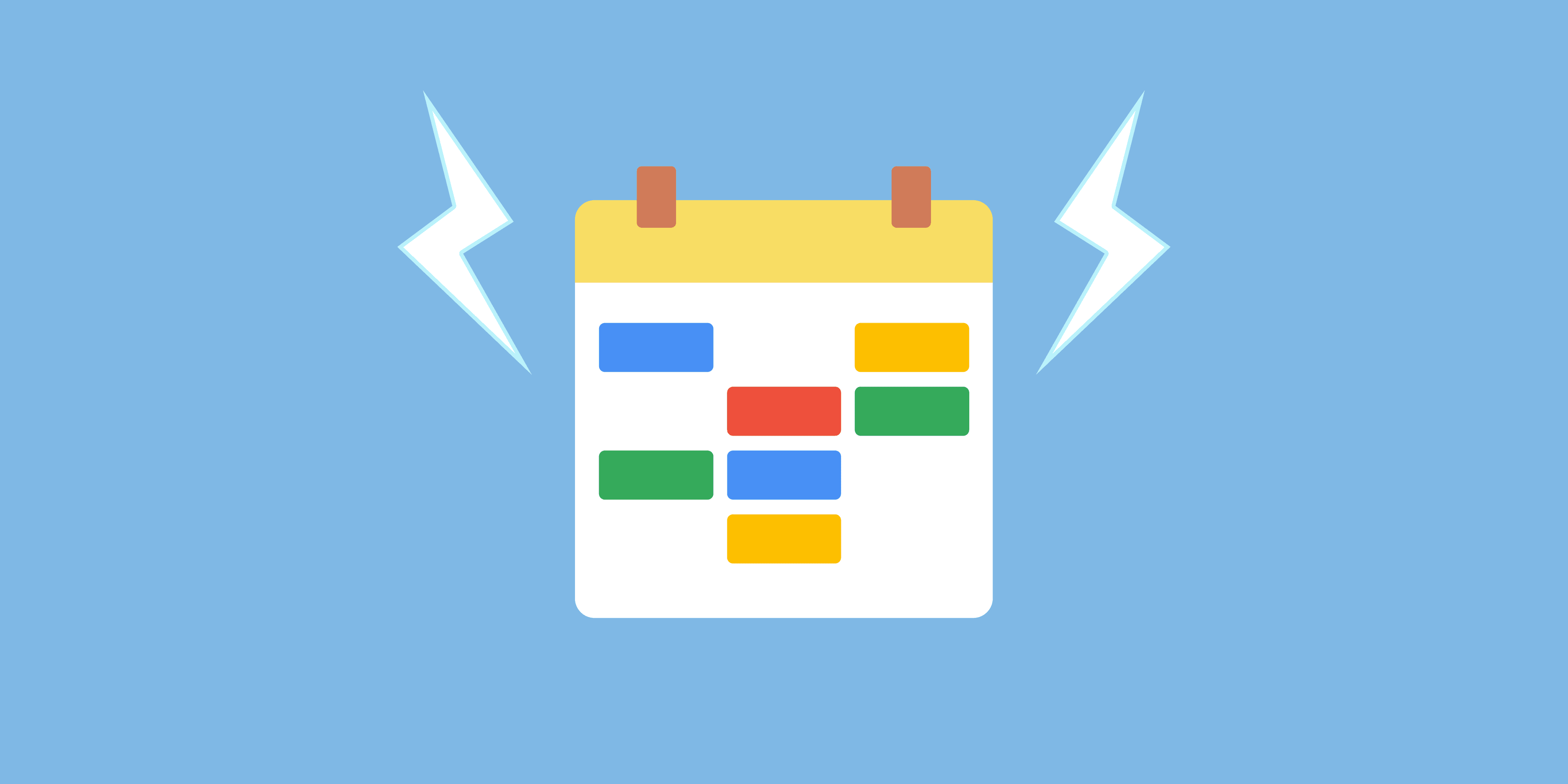
Todoist and Google Calendar: The Perfect Productivity Pair
Sep 2, 2023

Todoist Integration with Google Calendar: Streamline Your Task Management
Sep 2, 2023
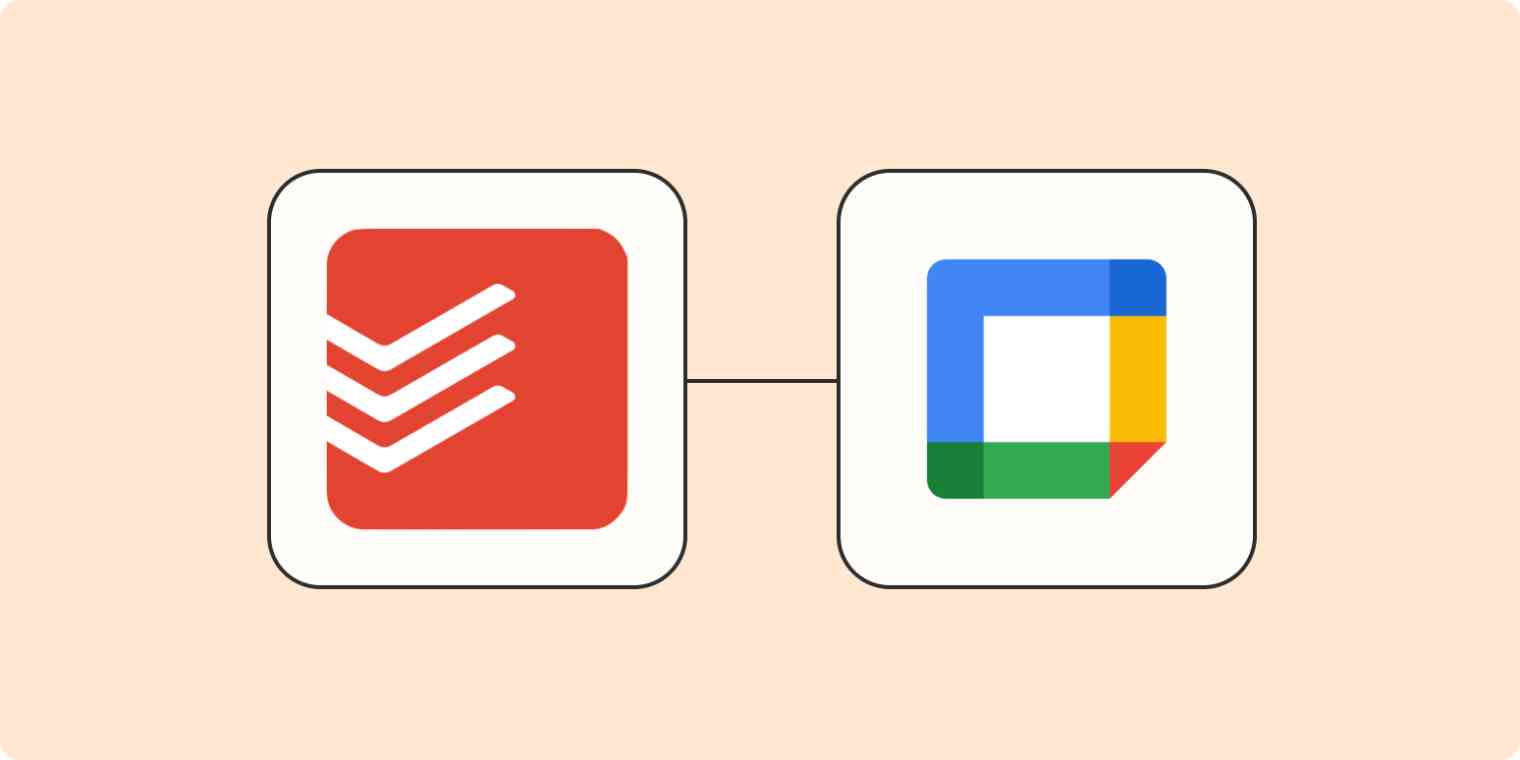
Exploring the Power of Todoist Calendar View
Sep 1, 2023

Understanding and Overcoming Task Blockers: Boosting Productivity
Sep 1, 2023
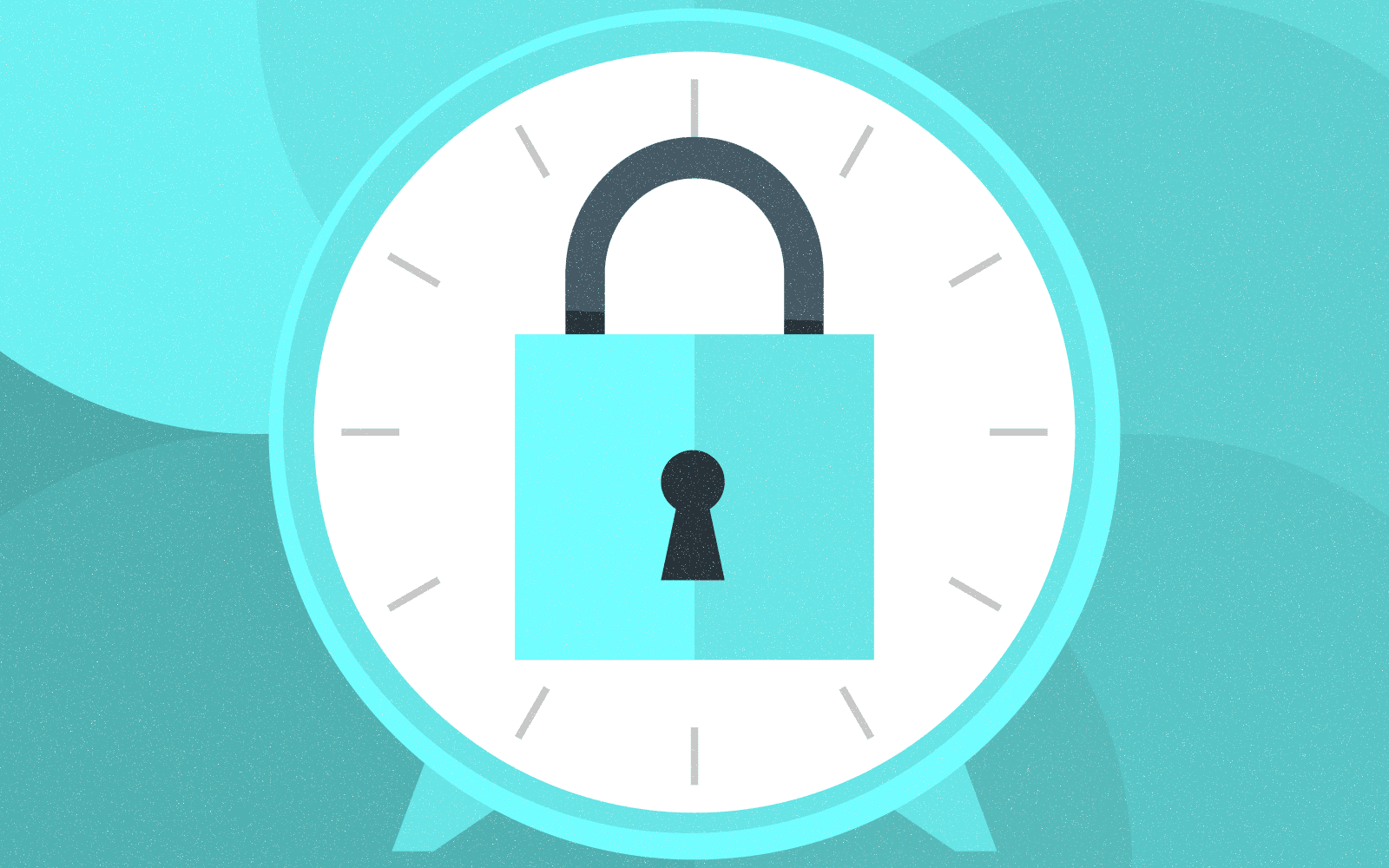
Optimize Your Productivity with Time Blocking: Unlocking the Power of Efficient Planning
Aug 31, 2023

Enhancing User Engagement with Motion AI: A New Era of Chatbot Experiences
Aug 31, 2023

Understanding the Motions Calendar in Legal Proceedings
Aug 30, 2023
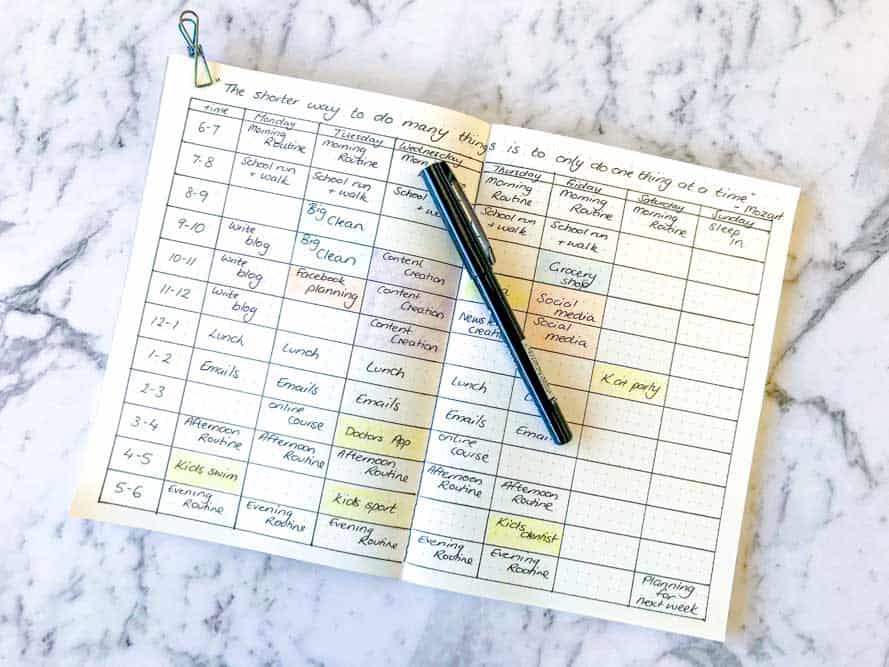
Maximizing Productivity with the Time Blocking Planner App
Aug 30, 2023
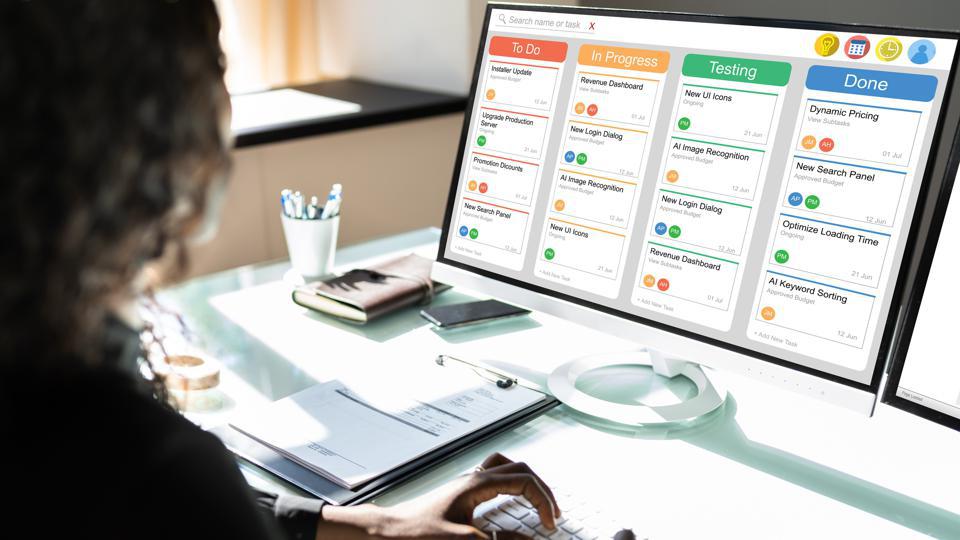
The Ultimate Guide to Streamlining Your Tasks with Trello Planner
Aug 29, 2023

Repeating Tasks: Enhancing Productivity and Efficiency
Aug 29, 2023
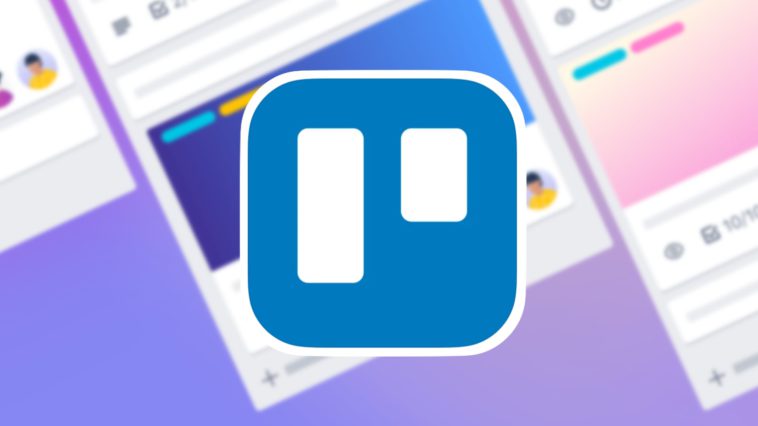
Trello Discount Codes for Enhanced Productivity
Aug 28, 2023
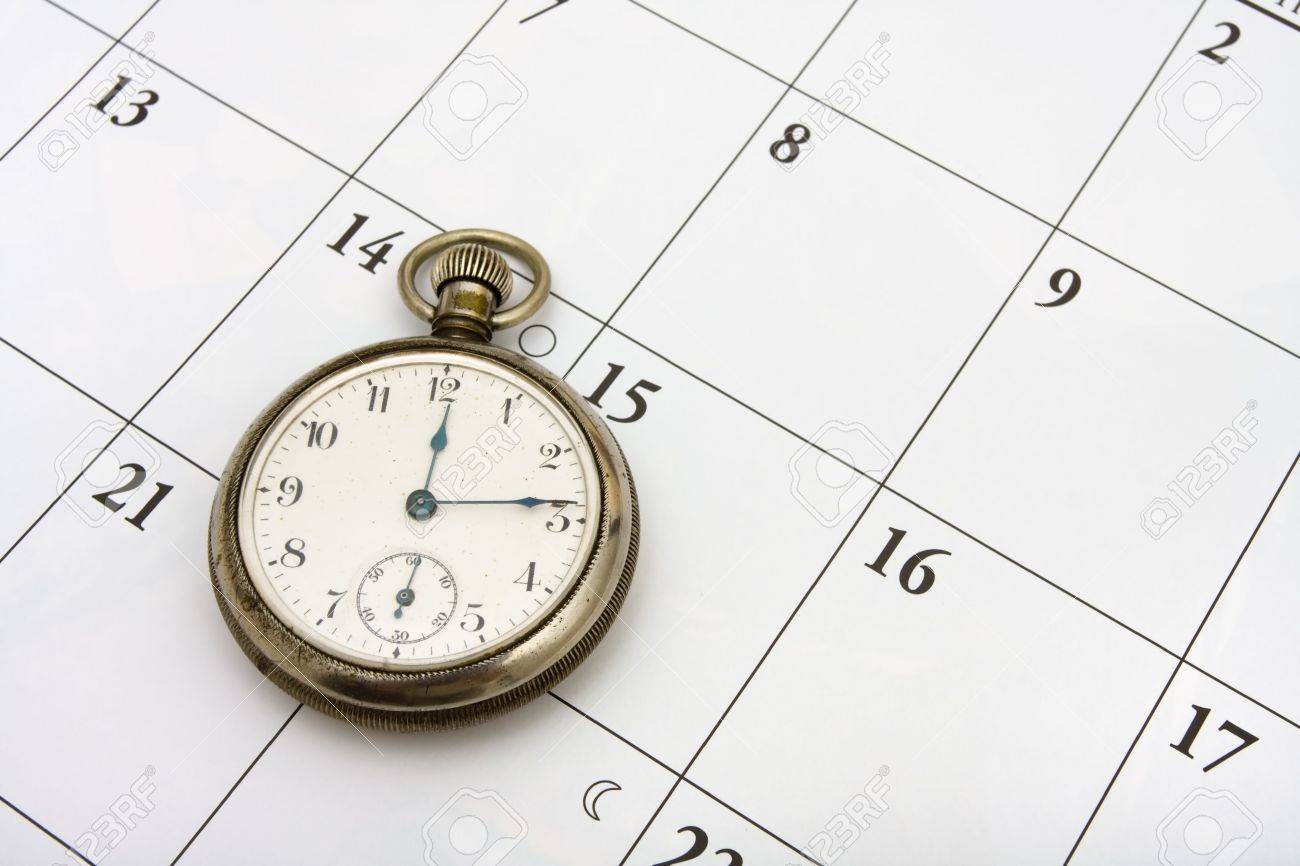
The Evolution and Significance of Calendars: Tracking Time Through the Ages
Aug 28, 2023
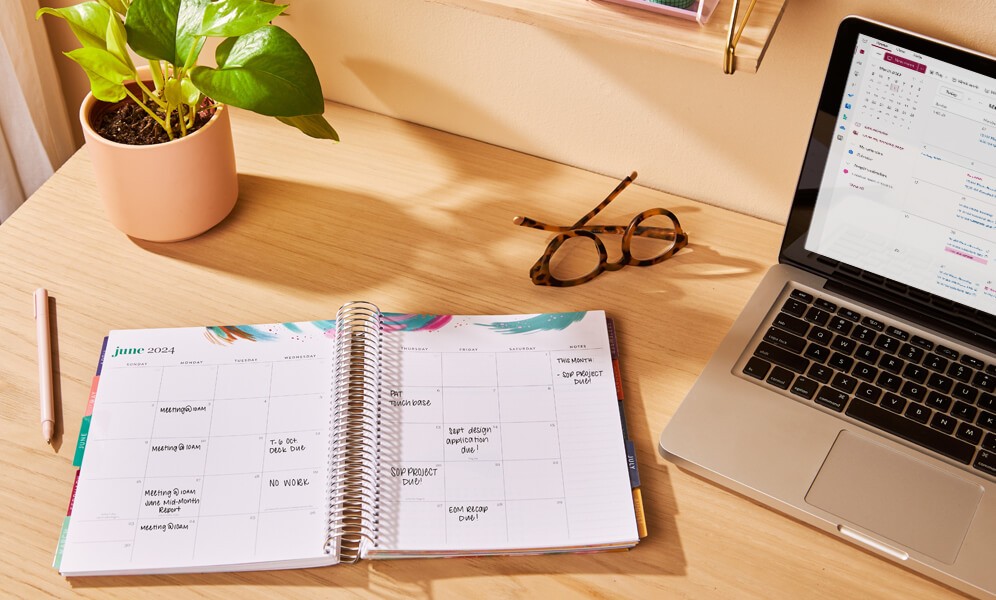
Maximizing Productivity and Efficiency with a Planner Featuring 15-Minute Time Slots
Aug 27, 2023

Time Blocking vs. To-Do Lists: Finding Your Productivity Strategy
Aug 27, 2023

Enhance Your Trello Experience with Planyway: A Comprehensive Overview
Aug 26, 2023

Exploring Planyway: A Comprehensive Project Management Solution
Aug 26, 2023

Streamline Your Schedule with Planyway Calendar
Aug 25, 2023
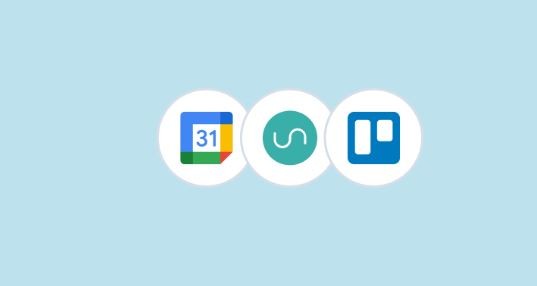
How to Sync Google Calendar with Trello
Aug 25, 2023
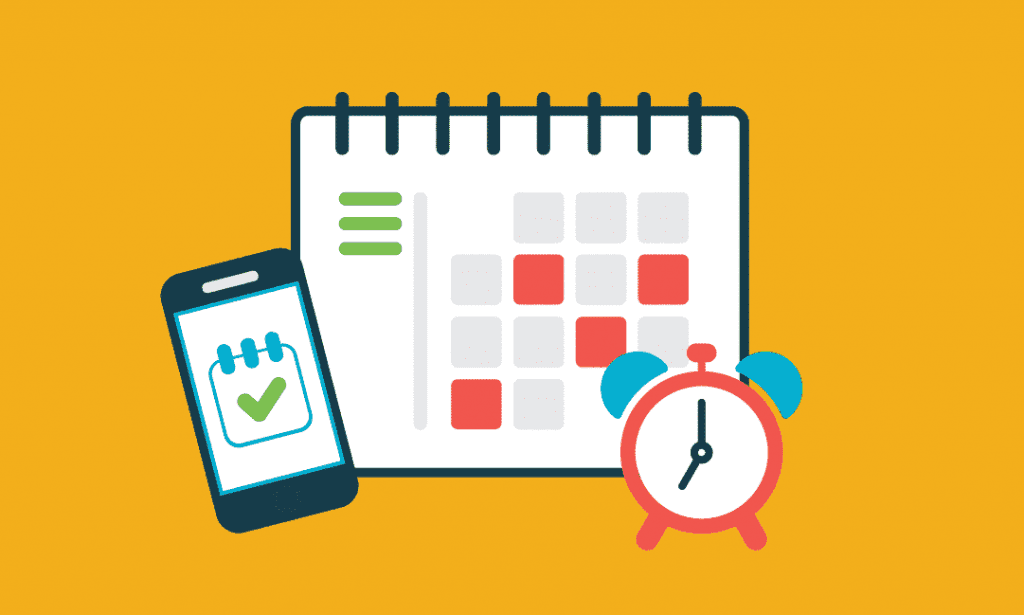
Blocks of Time: The Key to Effective Time Management
Aug 24, 2023
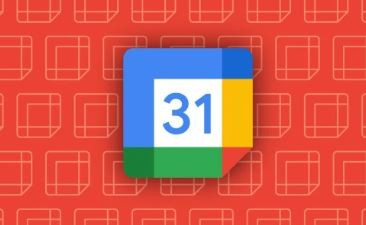
Exploring the Power Duo: Enhancing Productivity with Google Calendar and Todoist
Aug 24, 2023
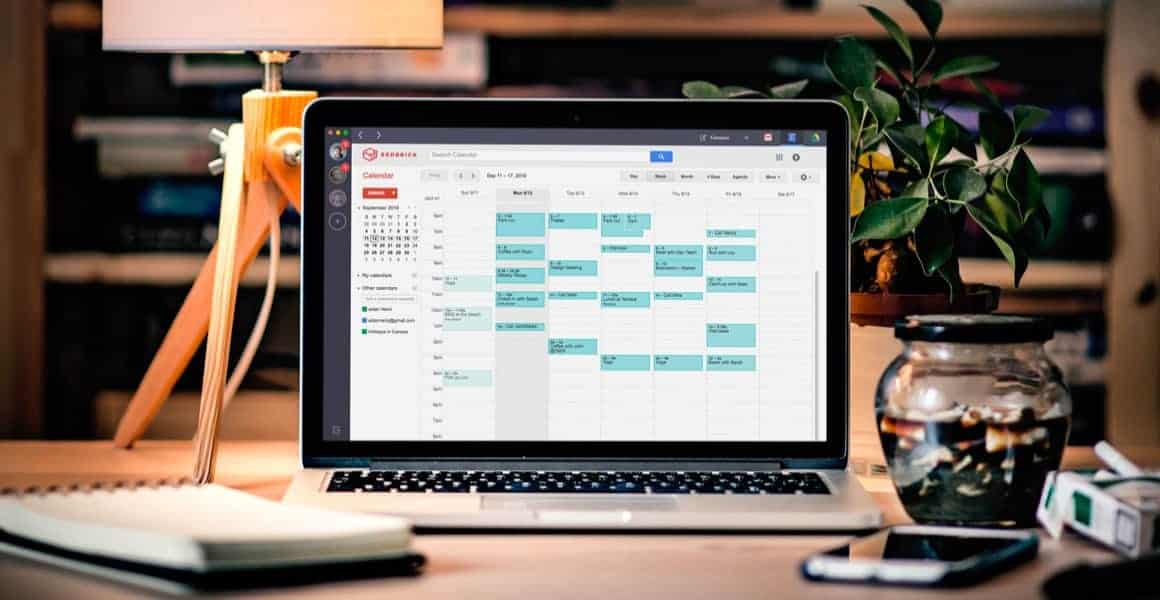
Time Blocking in Google Calendar: Boost Your Productivity and Master Your Schedule
Aug 23, 2023
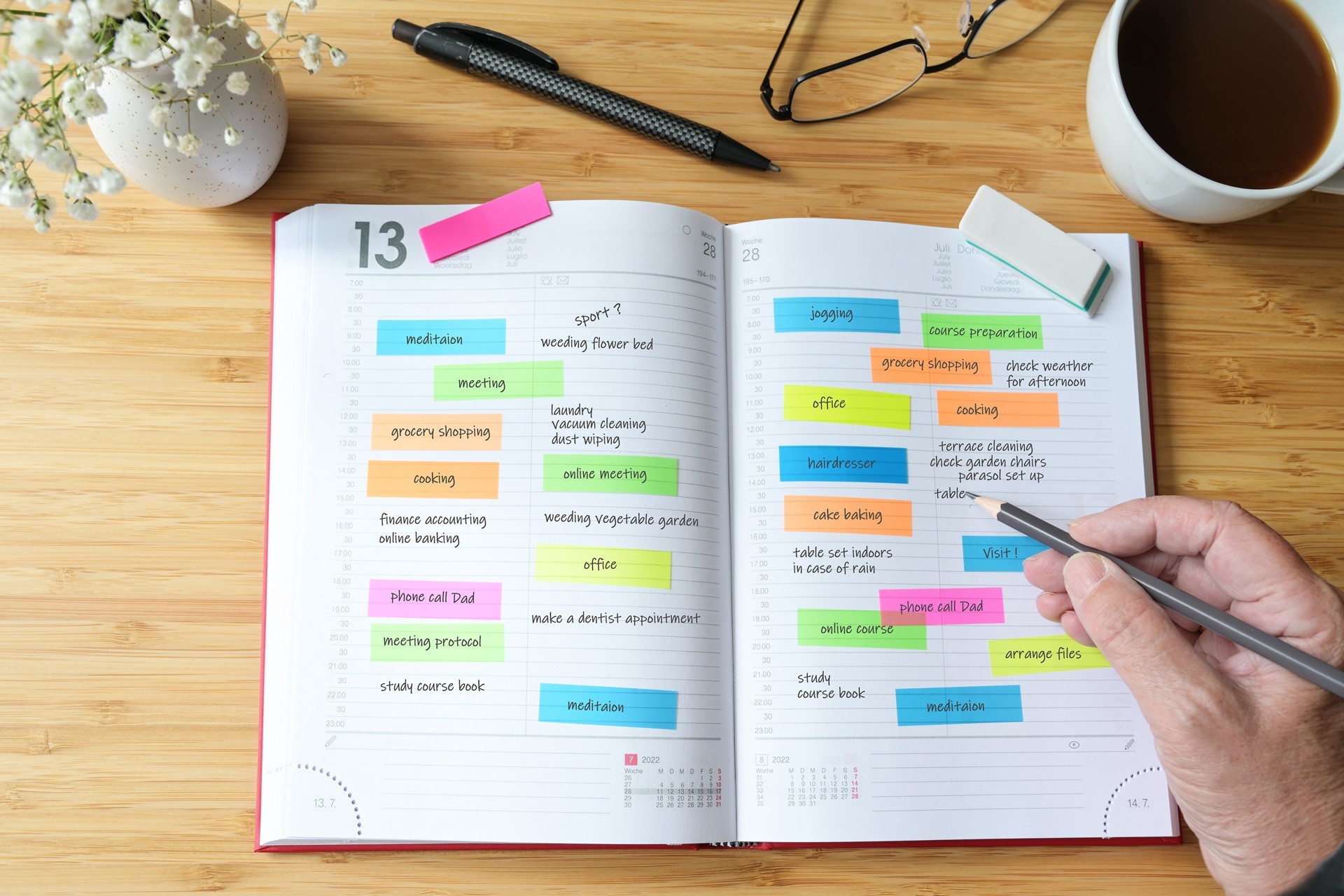
Task Blocking: Understanding the Productivity Pitfall and Overcoming It
Aug 23, 2023

A Comprehensive Guide to Weekly Profit and Loss Statements
Aug 22, 2023

Maximizing Productivity with Todoist Time Blocking
Aug 22, 2023
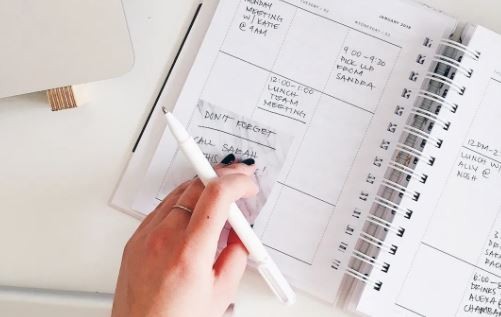
Discover the Power of Day Blocking: A Productivity Strategy
Aug 21, 2023

How to Sync Trello Calendar with Google Calendar
Aug 21, 2023
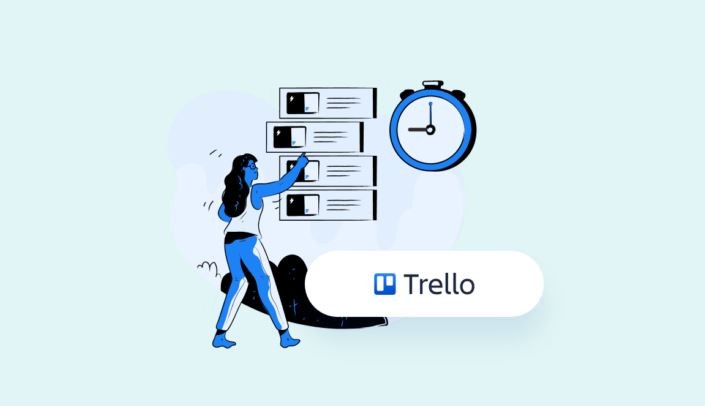
Quickly Connect Google Calendar to Trello
Aug 19, 2023
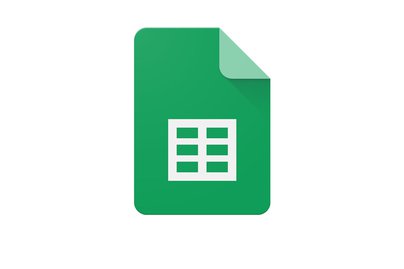
How to Link Trello to Google Sheets: Streamlining Your Workflow
Aug 18, 2023

Streamline Your Workflow: Sync Trello Cards to Google Calendar Events
Aug 17, 2023
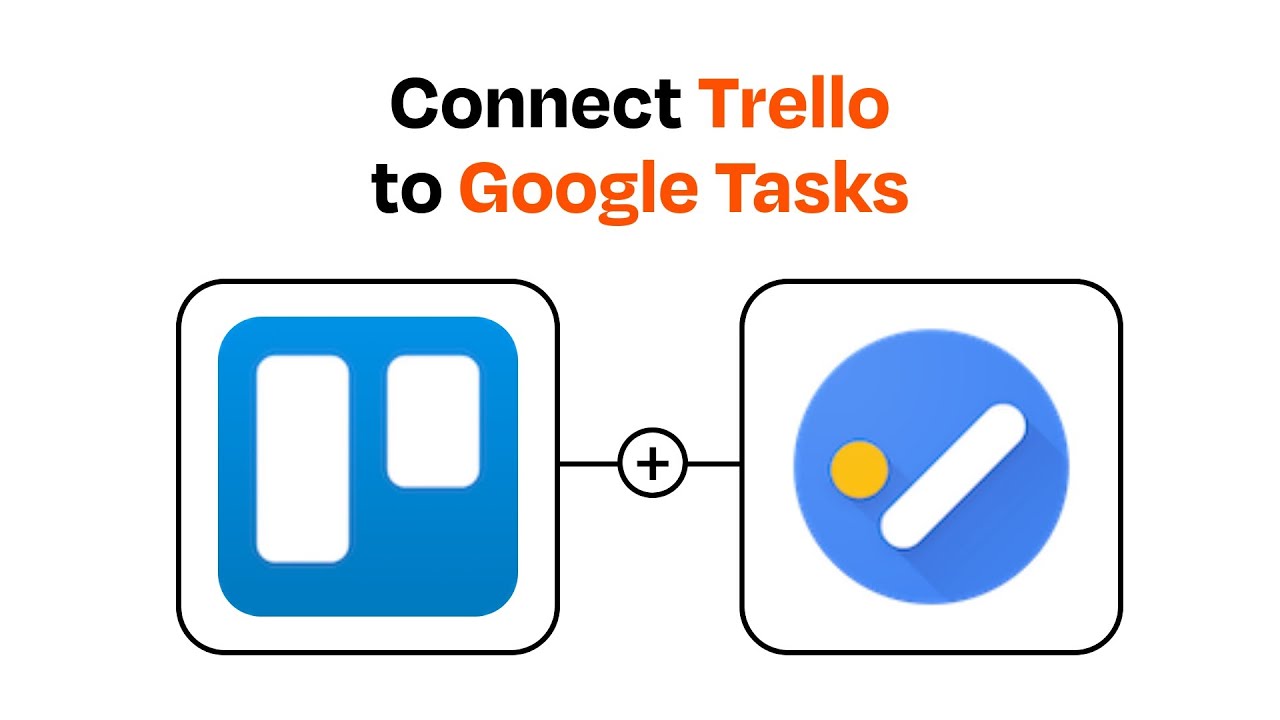
Streamlining Your Workflow: Trello + Google Tasks Integration
Aug 16, 2023

Can I Import My Google Calendar to Trello?
Aug 15, 2023
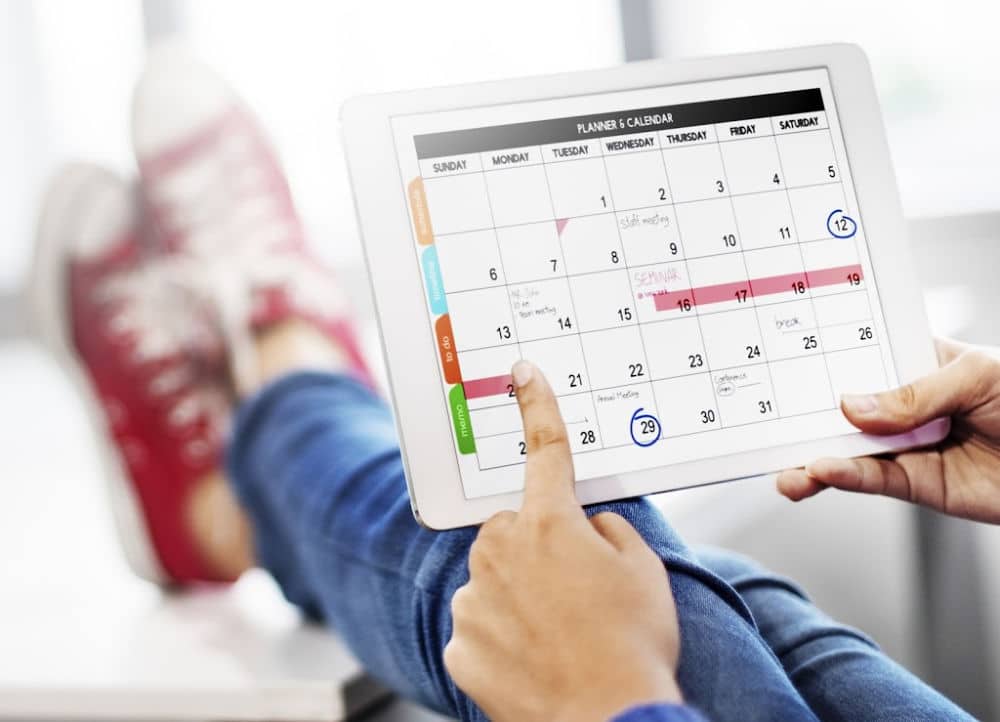
Use Google Calendar for Effective Scheduling
Aug 14, 2023
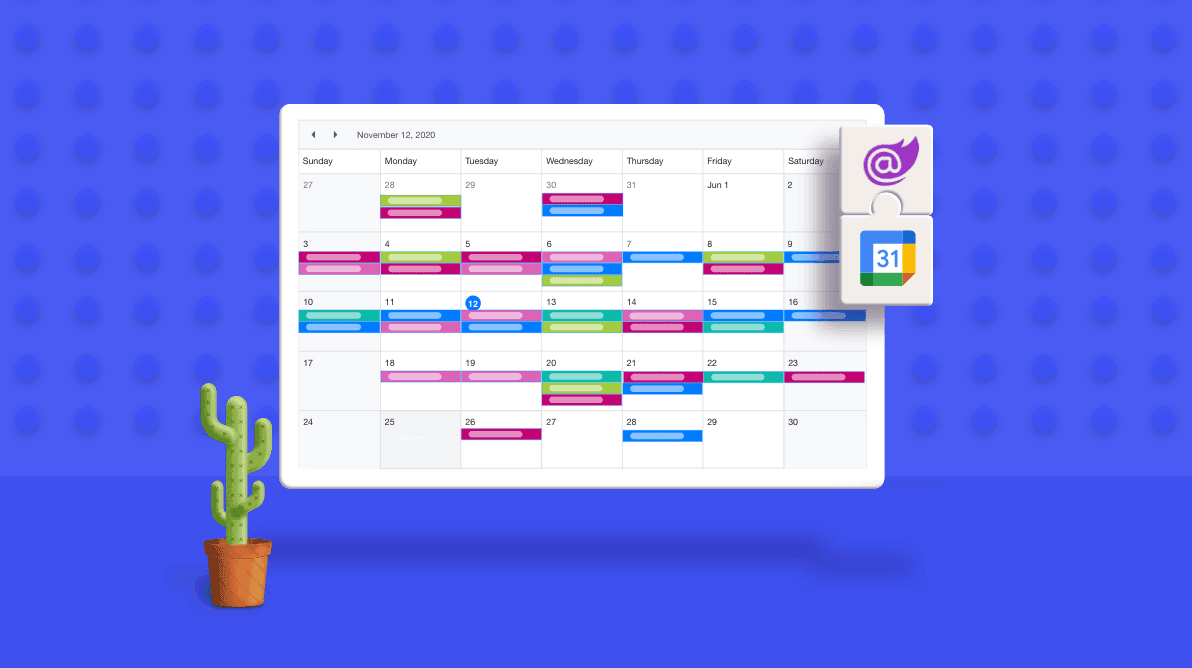
Mastering Task Duration in Google Calendar: A Comprehensive Guide
Aug 13, 2023
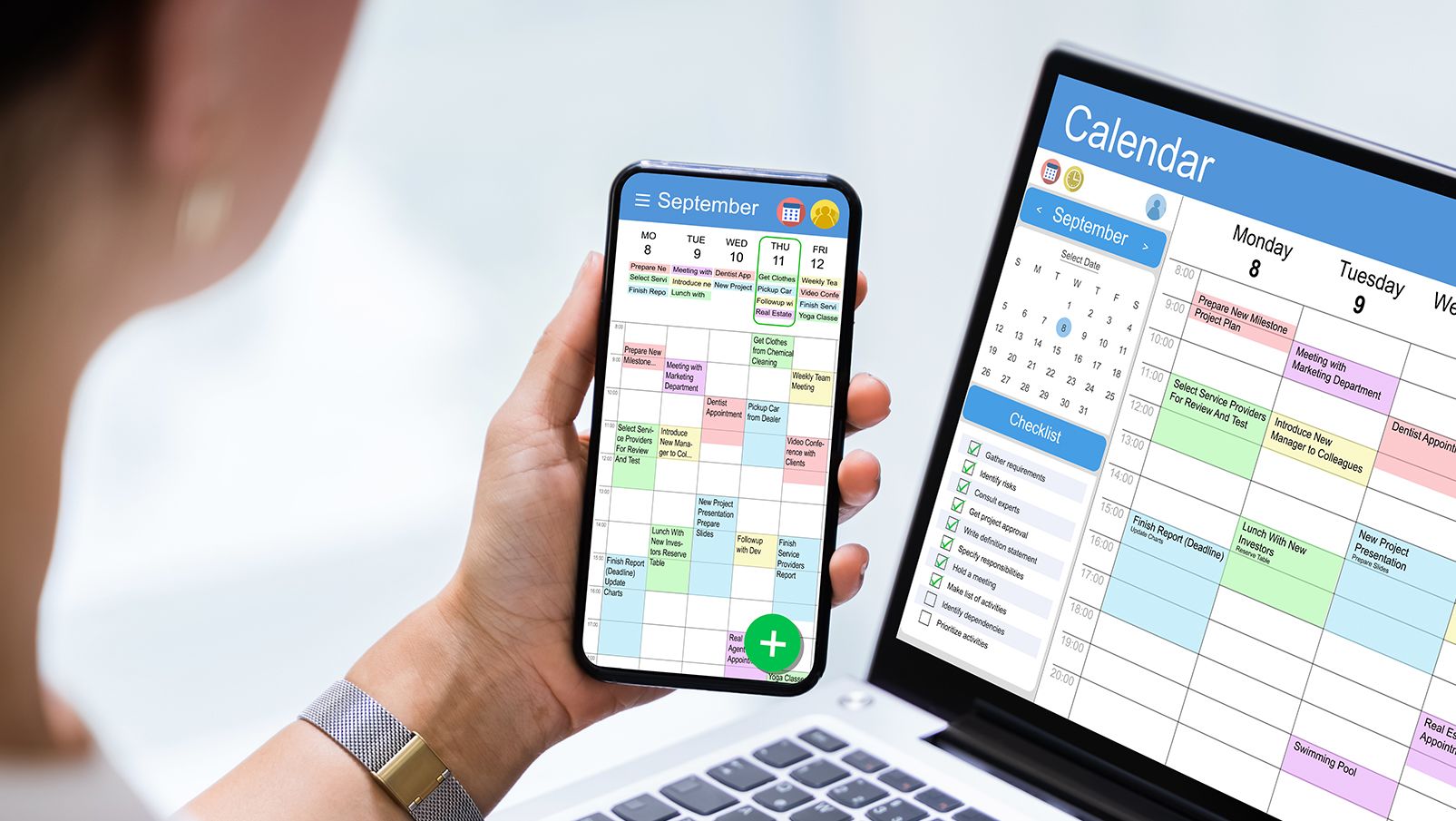
The Power of Calendar Planning Apps: Streamlining Your Life Like Never Before
Aug 12, 2023
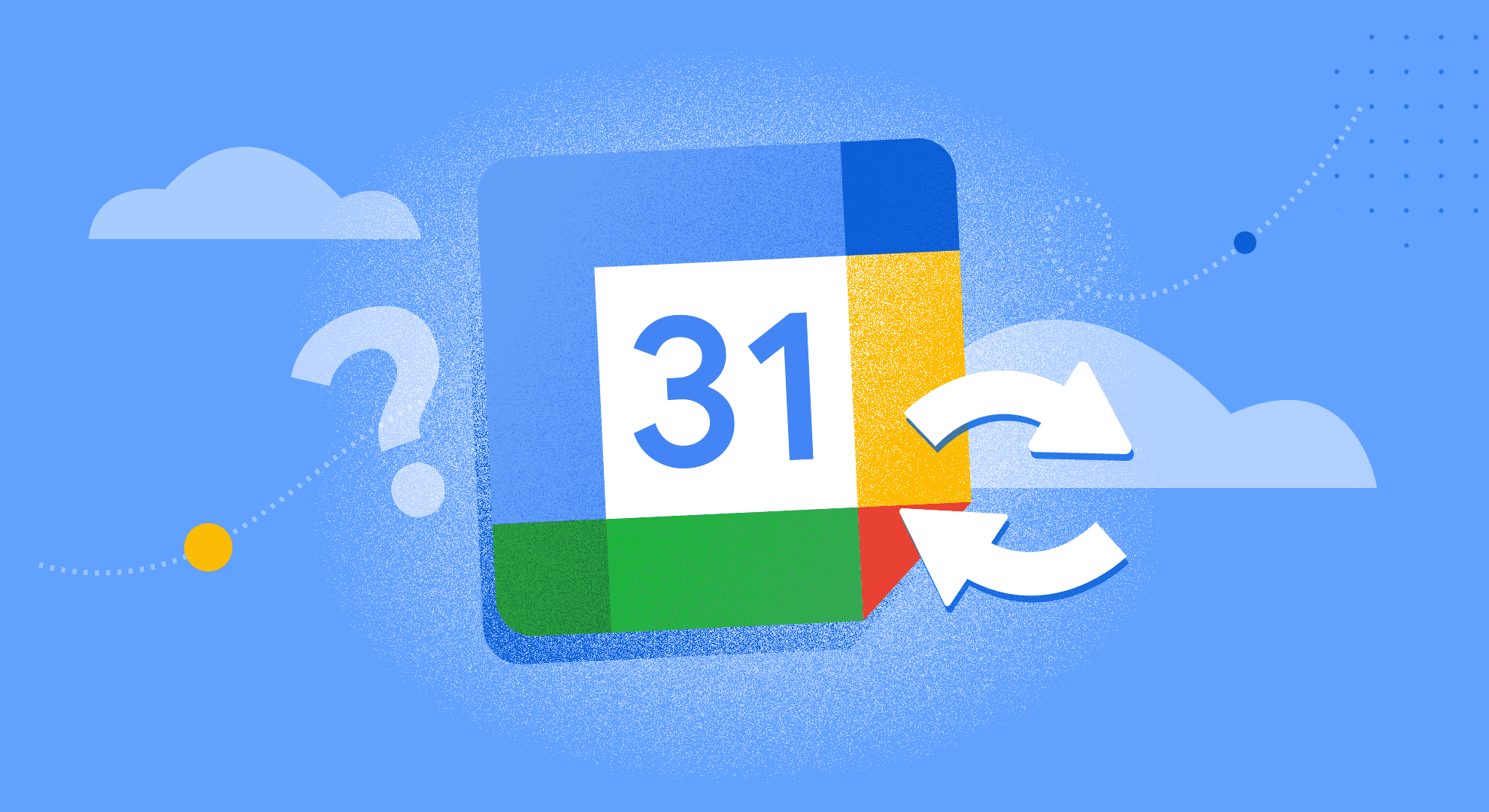
Simplify Your Life with Google Calendar Sync
Aug 11, 2023

Creating an Effective Day Schedule: A Path to Productivity and Well-Being
Aug 10, 2023
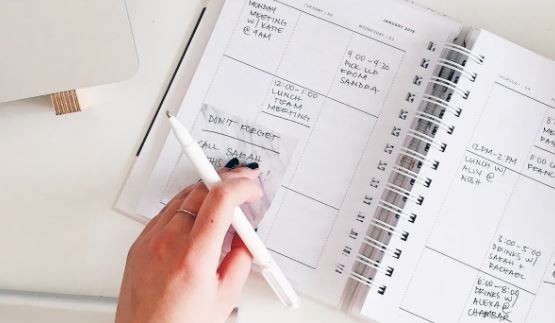
Maximizing Productivity and Efficiency with Time Blocking
Aug 9, 2023
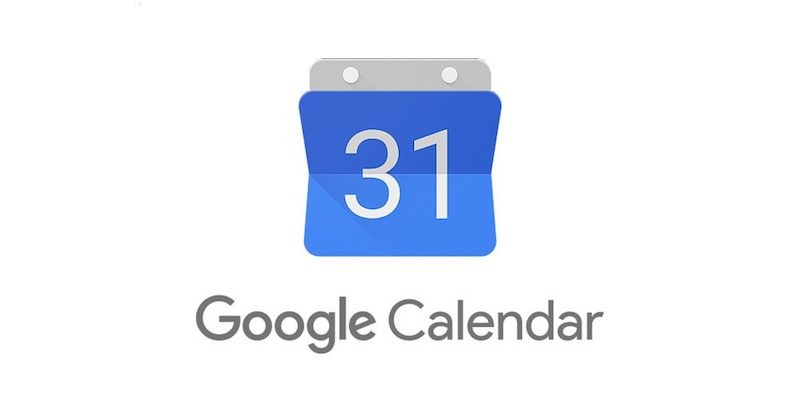
Google Calendar: A Modern Tool for Efficient Time Management
Aug 8, 2023
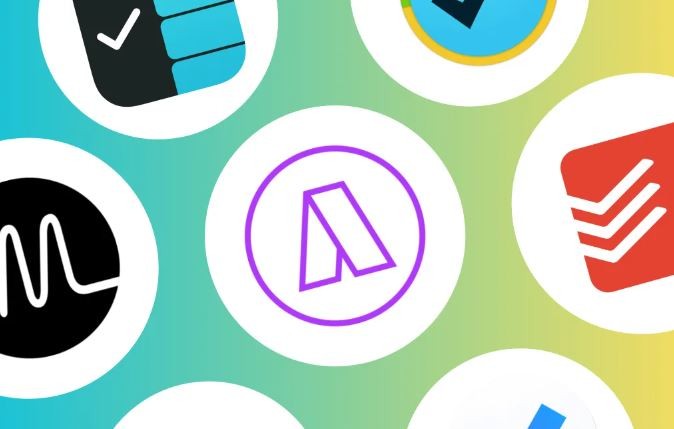
Top 10 Daily Planner Apps to Boost Productivity
Aug 7, 2023
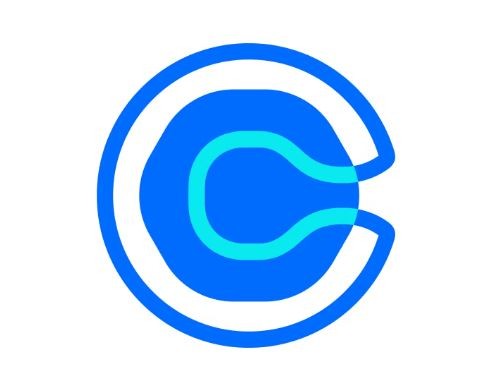
Calendly Alternatives & Competitors for 2023
Aug 6, 2023
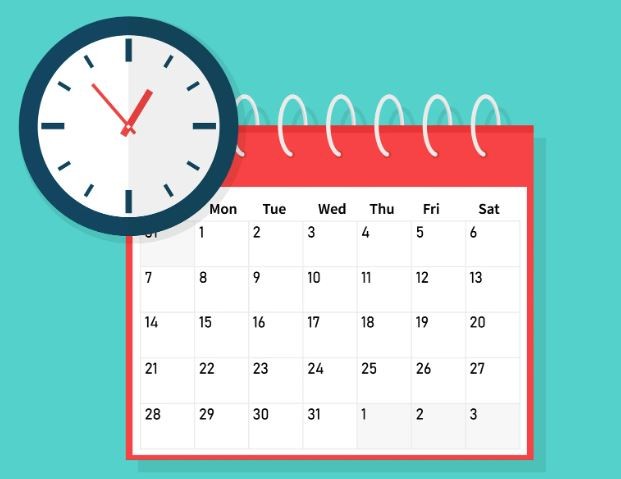
How to Share Google Calendar: A Step-by-Step Guide
Aug 5, 2023

Best Trello Board Templates: Boost Your Productivity and Organization
Aug 4, 2023

Trello Templates: Enhancing Personal Productivity
Aug 3, 2023

Trello Templates: Simplify Your Workflow and Boost Productivity
Aug 2, 2023

How to Sync Trello with Google Calendar
Aug 1, 2023
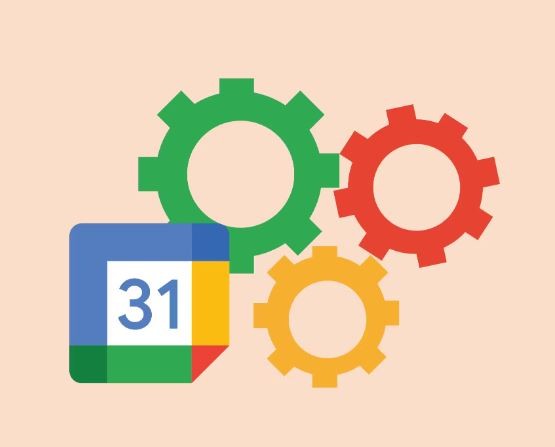
How to Link Trello with Google Calendar
Jul 31, 2023

How to Sync Trello and Google Calendar: Enhance Your Productivity and Organization
Jul 30, 2023
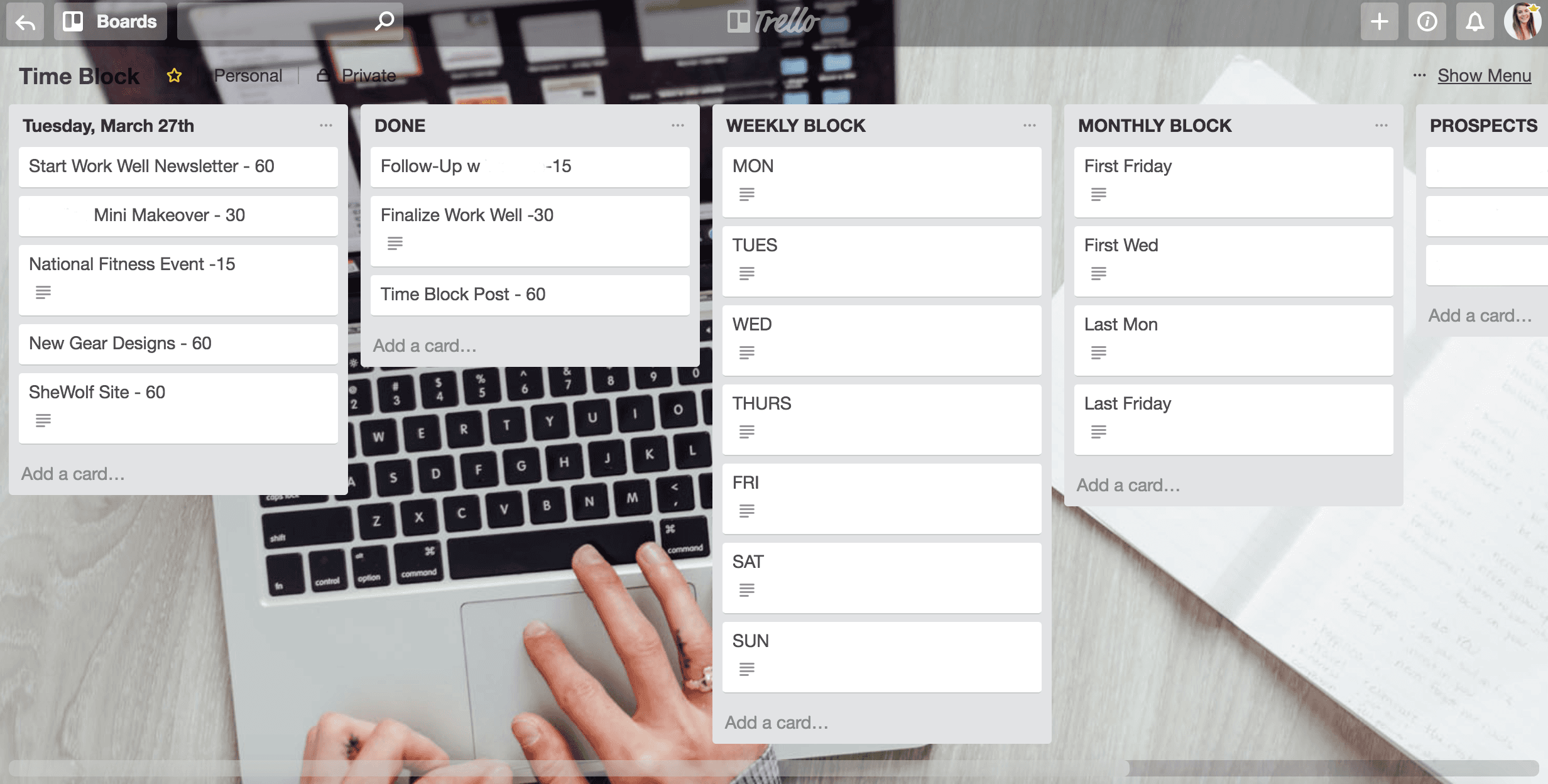
Time Blocking with Trello: Boosting Productivity and Organizing Your Life
Jul 29, 2023
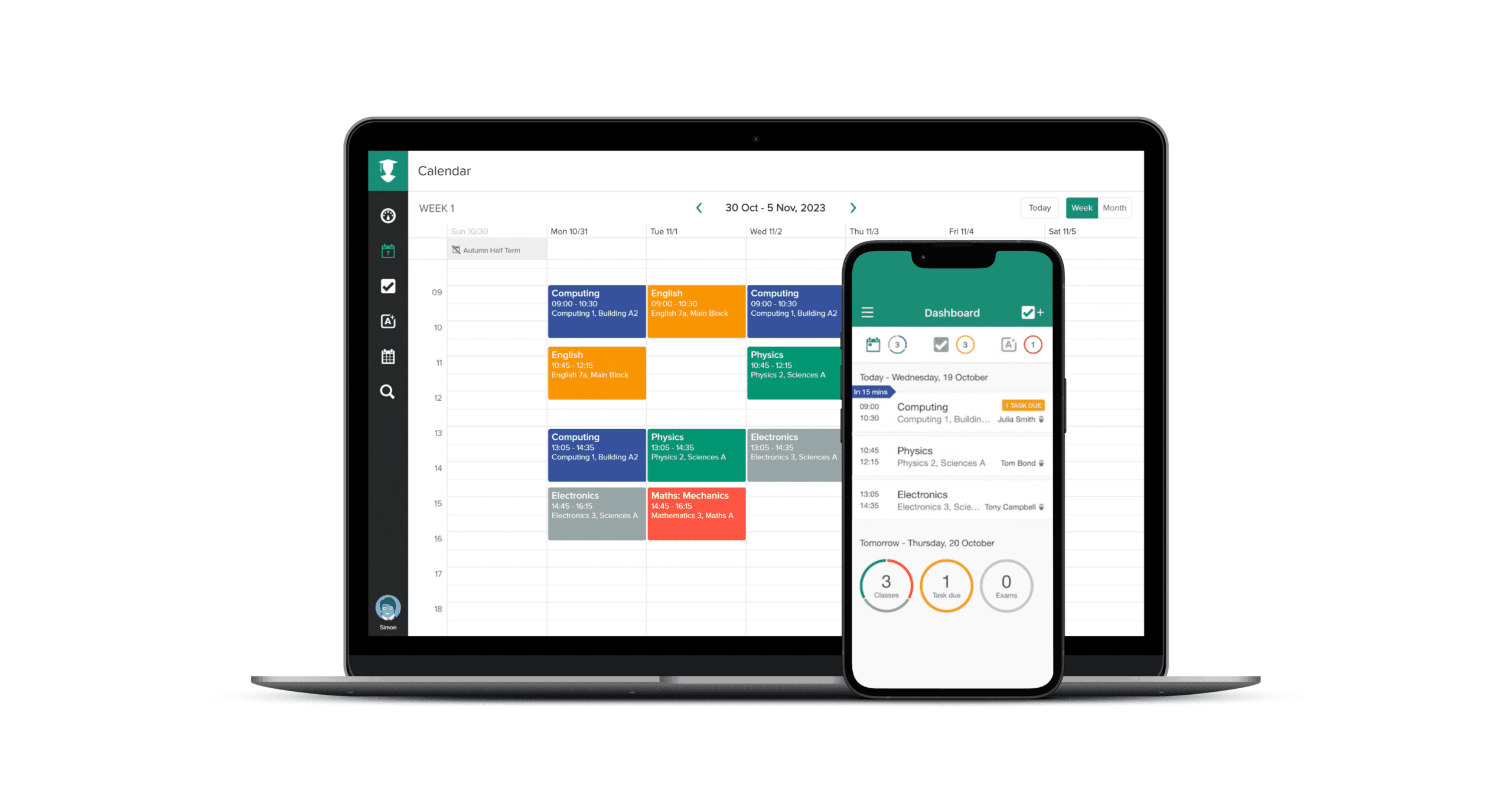
TaskPlanner: Your Ultimate Tool for Efficient Task Management
Jul 28, 2023

Trello Google Calendar 2-Way Sync: Streamlining Your Workflow
Jul 27, 2023

Can Trello Sync with Google Calendar?
Jul 26, 2023

Trello Task Management Templates: Streamline Your Workflow Like Never Before
Jul 25, 2023

Clockwise Alternatives: Embracing Productivity and Efficiency
Jul 23, 2023
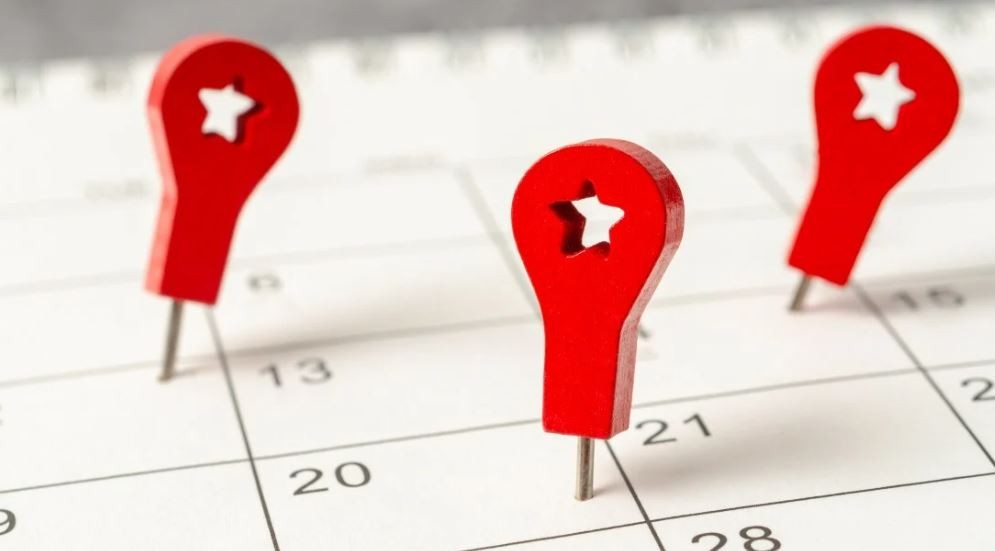
Google Calendar Daily Schedule: How to Organize Your Life with Efficiency and Ease
Jul 22, 2023
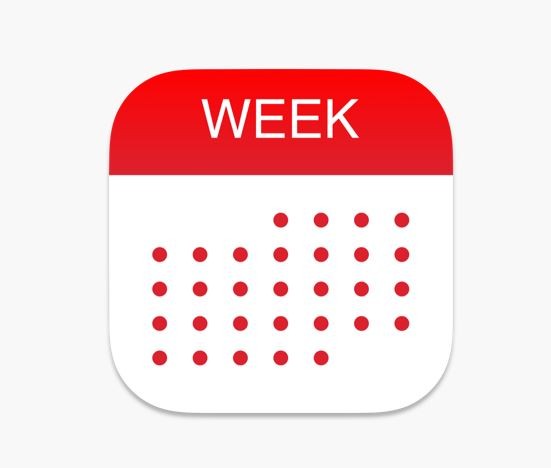
Weekly Planner with Google Calendar: Stay Organized and Efficient
Jul 21, 2023

Top Trello Marketing Templates: Boost Your Marketing Efforts and Drive Results
Jun 6, 2023

Top Trello Project Management Templates: Streamline Your Workflow for Success
May 29, 2023

Top Reasons to Use Trello for Project Management: Boost Your Team's Productivity
May 29, 2023

Why Google Calendar to Trello Sync is the Ultimate Power Move for Productivity
May 20, 2023

Connect google calendar to trello
May 12, 2023

Optimize Your Schedule: Unlock the Power of Google Calendar and Trello Sync with Taskplanner
May 10, 2023

Top trello power ups
May 7, 2023

Chatsonic
May 7, 2023

Explore ChatGPT Alternatives: Empower Your Conversations with AI-Powered Tools
May 7, 2023

Discover Clockwise Alternatives: Take Control of Your Time and Boost Productivity
May 7, 2023

Sync Trello with Google Calendar: Boost Productivity with Task Planner
May 6, 2023
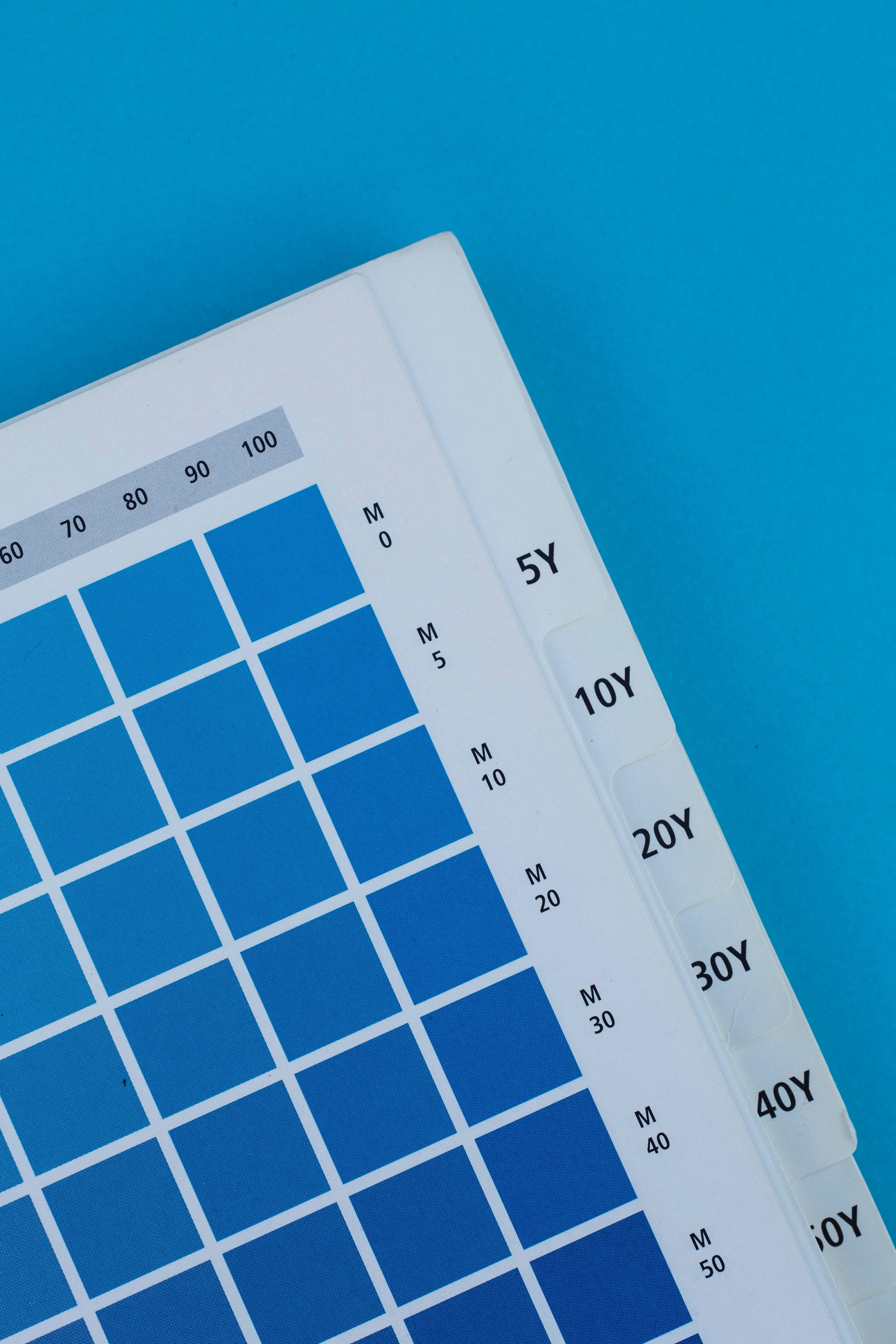
Beyond Google Calendar: Alternative Options and Enhancements for Efficient Scheduling
May 5, 2023

The Ultimate Guide to Trello Google Calendar Sync: Streamline Your Workflow
May 3, 2023
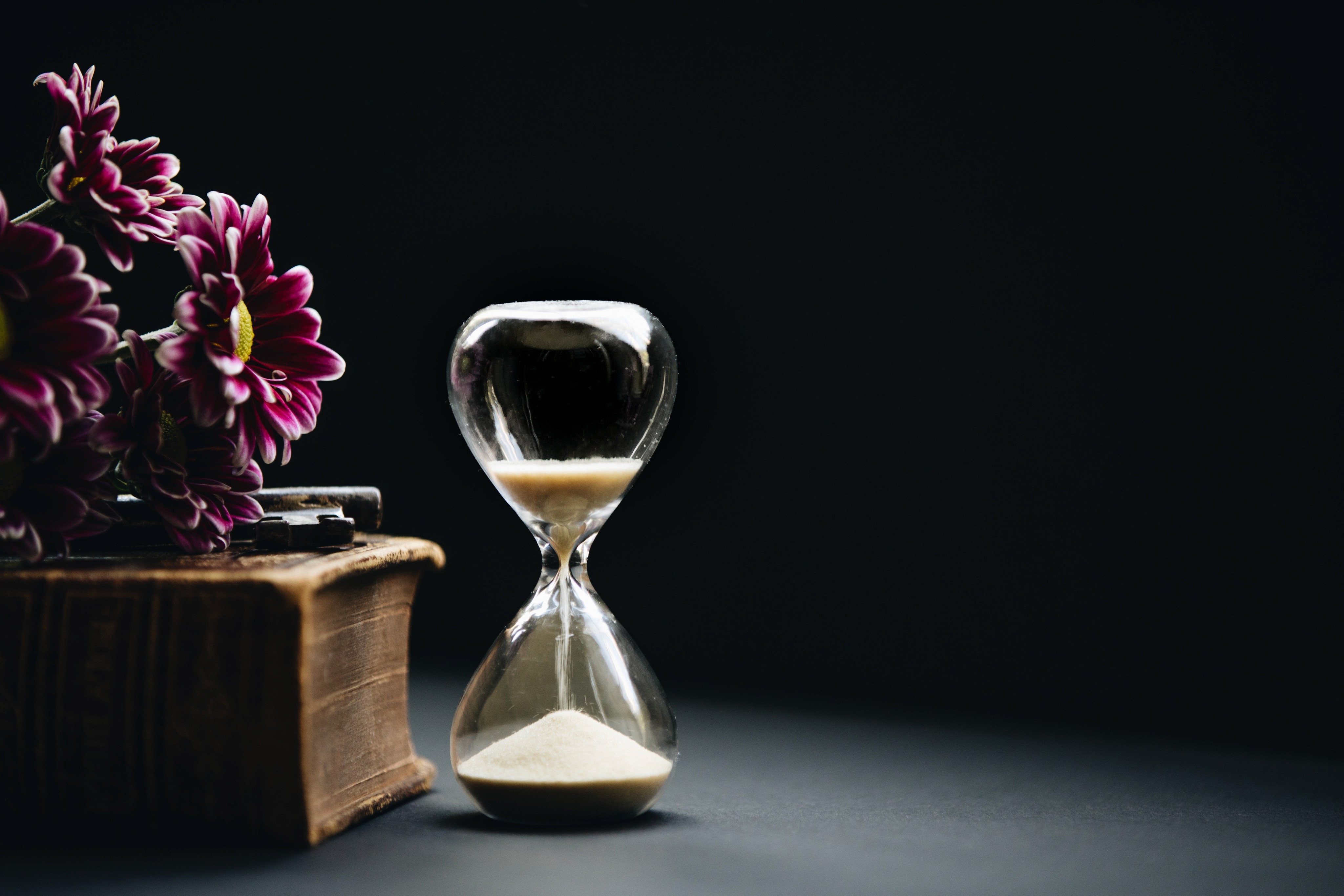
Mastering Your Time with Time Blocking: The Ultimate Productivity Technique
Apr 28, 2023

Motion alternatives
Apr 28, 2023

Why Taskplanner better than Reclaim
Apr 26, 2023

How to remember goals and todo
Apr 26, 2023

Why Taskplanner better than Motion
Apr 26, 2023

Taskplanner and Trello integration
Apr 24, 2023

Reclaim alternative
Apr 22, 2023
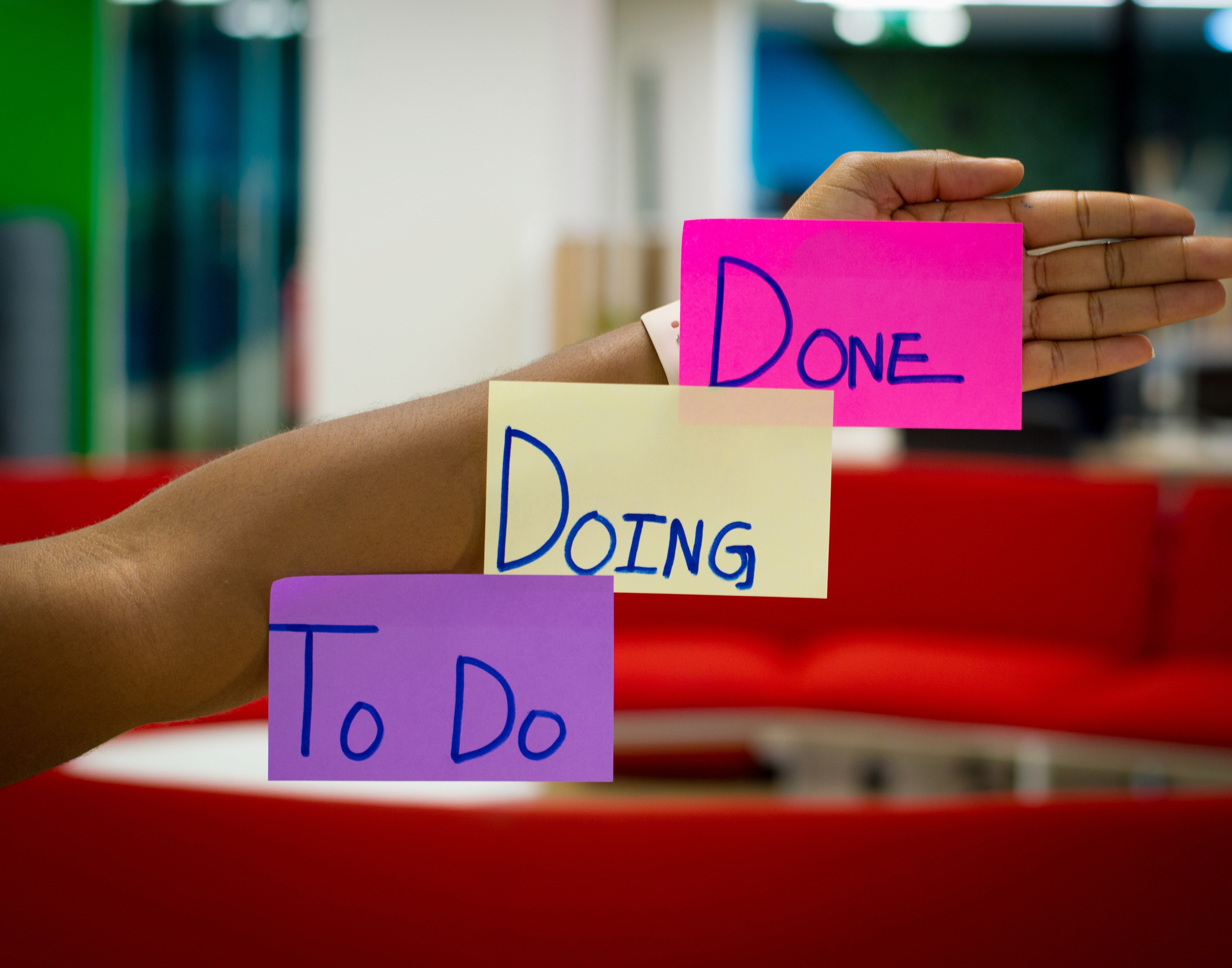
Task Planning and Task planner
Apr 22, 2023
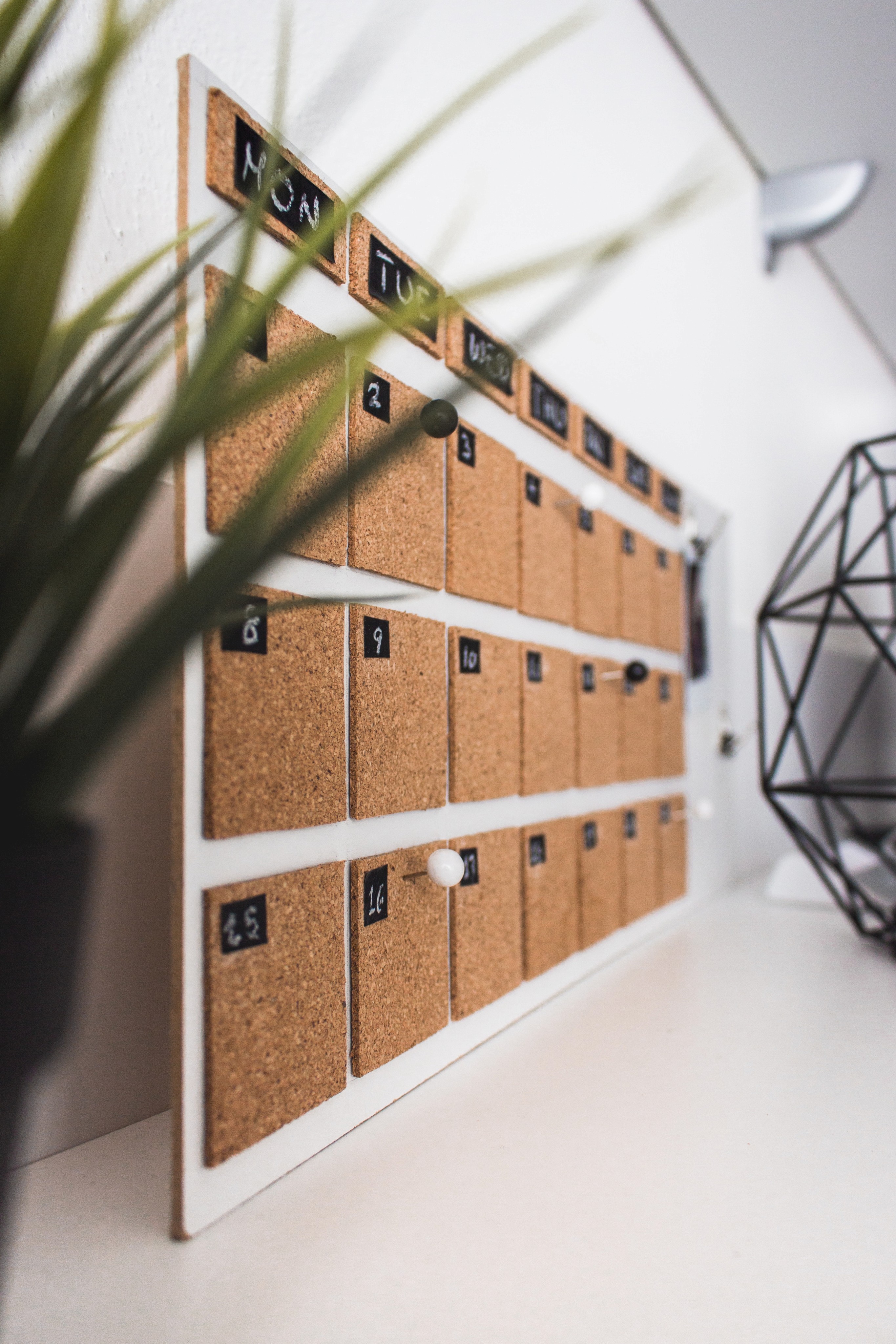
Google Calendar app and alternatives
Apr 5, 2023

Taskplanner vs Motion
Apr 19, 2023

Use a calendar to manage your plans and increase productivity
Apr 8, 2022

The time slots approach
Mar 15, 2022

Time management tools
Feb 28, 2022

How to prioritize tasks
Feb 6, 2022

How to Create an Effective Design Portfolio
Jan 12, 2022